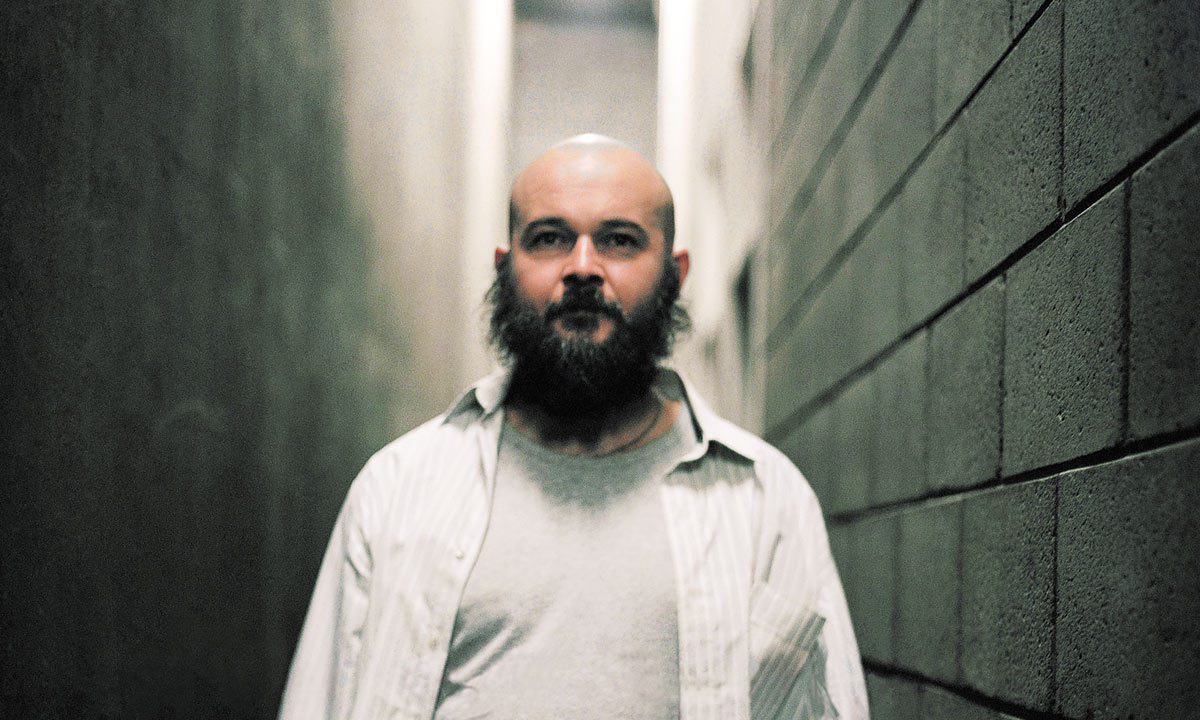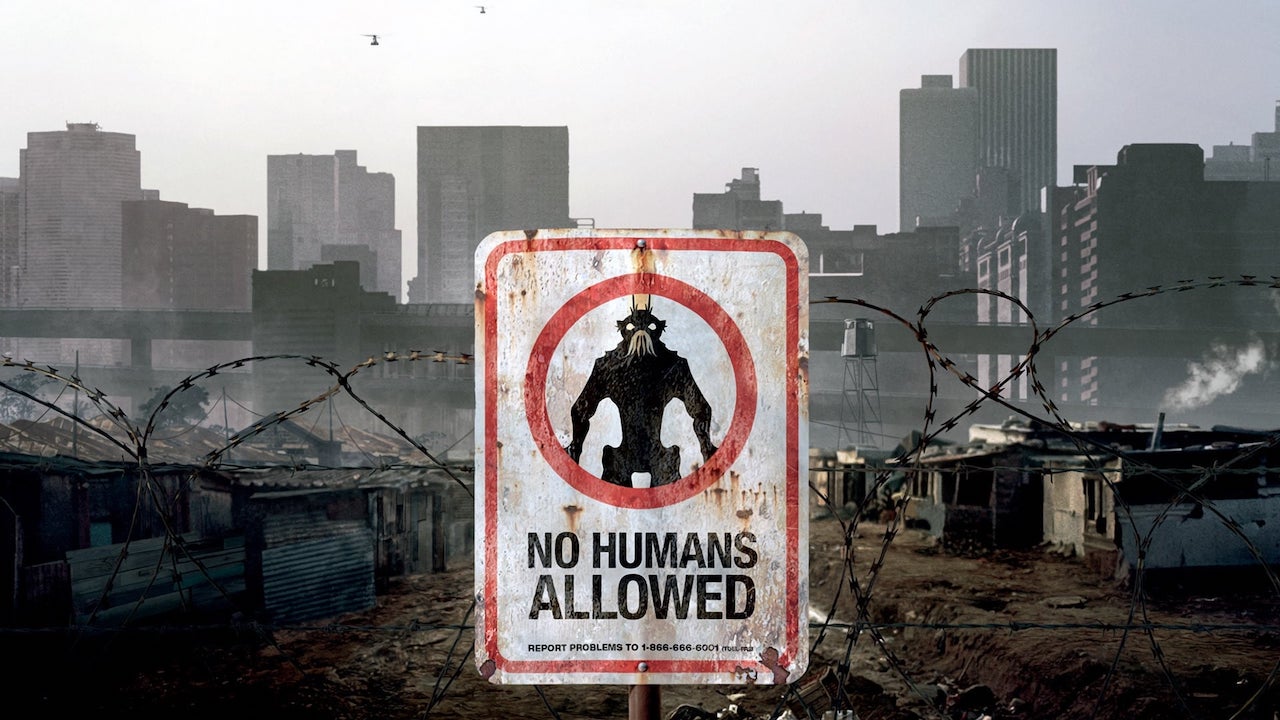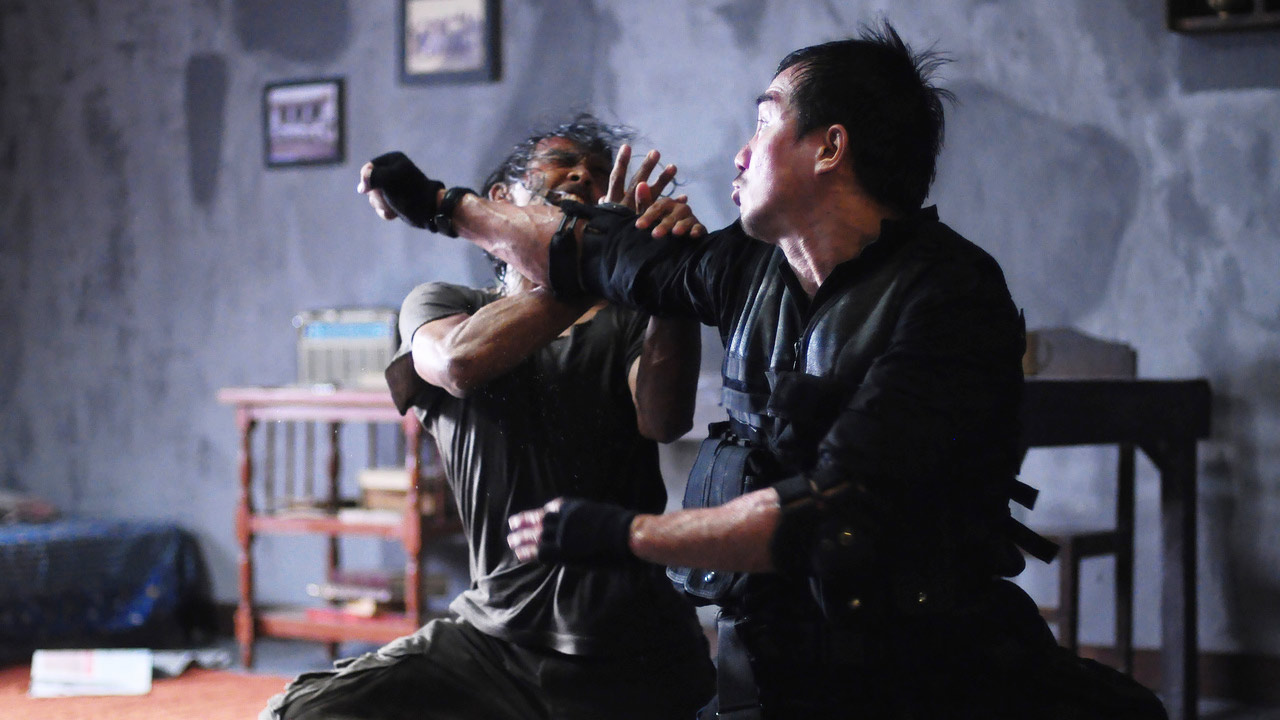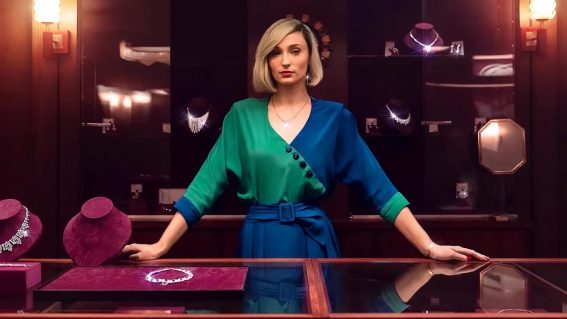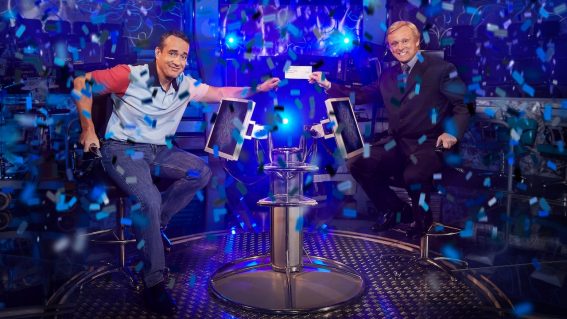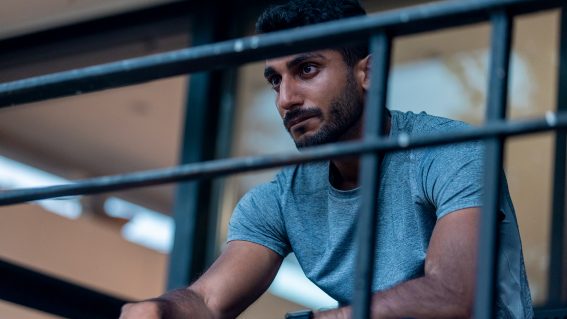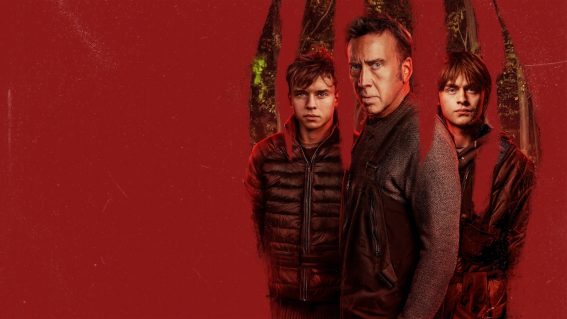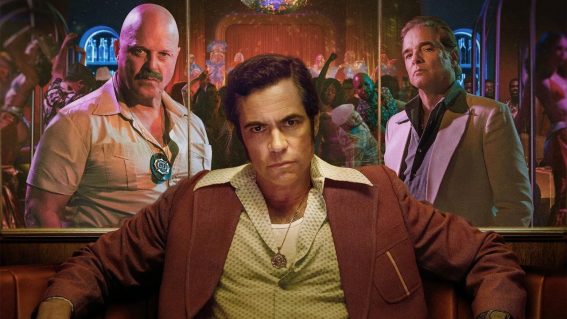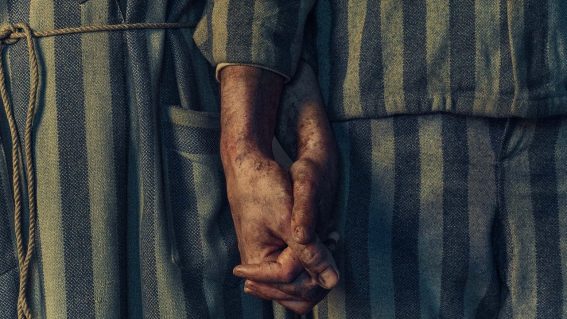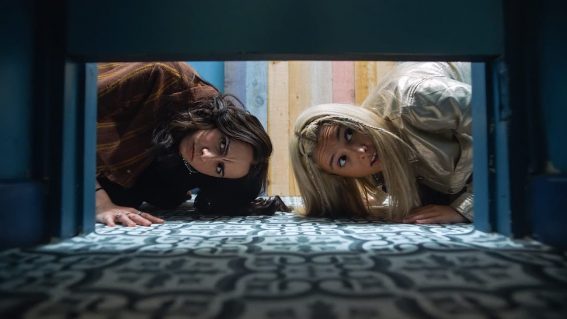Archive of Stan top 50 capsule movie reviews
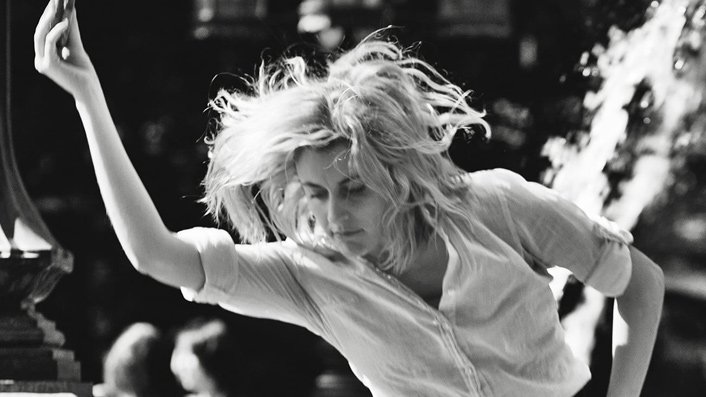
Below are short reviews from critic Craig Mathieson that were previously published on his top 50 films on Stan guide.
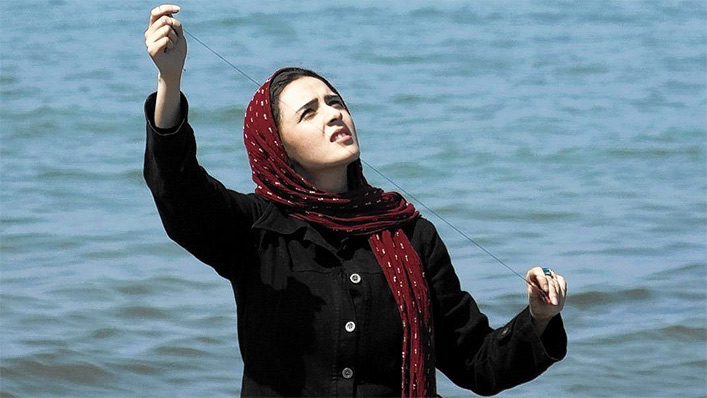
About Elly (2009)
Illusions are cleaved away in this masterful early drama from Iranian filmmaker Asghar Farhadi. A seaside weekend away for a group of middle-class friends exposes the gaps between modern failings and traditional attitudes when a young woman (Taraneh Alidoosti) goes missing.
Acute Misfortune (2018)
A savage, staggering assault on the enduring conventions of the biopic and great artist myths, Thomas M. Wright’s remarkable debut feature uses telling tableaus and unadorned encounters to chart the mutual need that tied together acclaimed Australian artist Adam Cullen (Daniel Henshall) and journalist Erik Jensen (Toby Wallace). Few Australian features have such an exacting visions.

Antichrist (2009)
In this incantatory drama from Lars von Trier, a grieving couple known only as He and She—played by Willem Dafoe and Charlotte Gainsbourg—relocate to a country cabin, where his textbook therapy is met with her increasingly violent responses. This is at once a horror film, complete with flashback revelations, and a powerful examination of sexual energy as a form of destruction set against misogynist expectations.
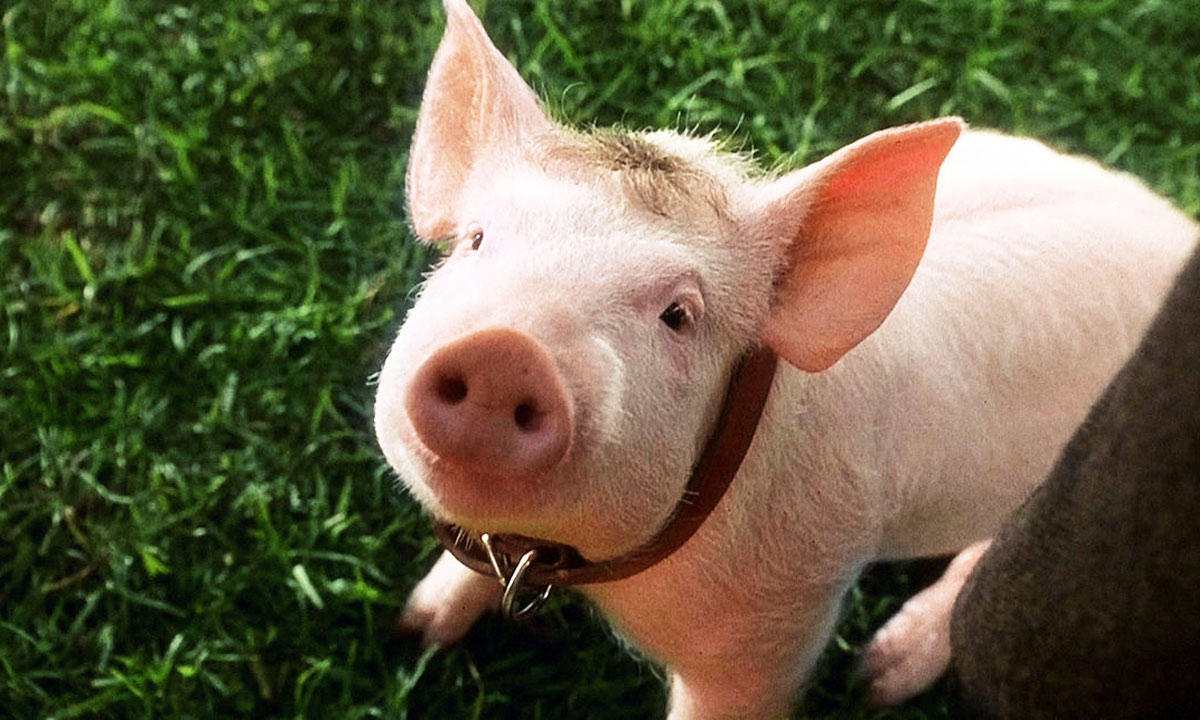
Babe (1995)
Chris Noonan’s zesty, lovable story of a lonely piglet’s path to acceptance and then glory at a bucolic farm remains a genuine example of that rare creature: the great family movie. With James Cromwell as the stoic farmer, the film captures a storybook sensibility, mixing both the fantastic and the daft, while always maintaining more than a hint of darkness.

Bad Lieutenant (1992)
Excess and redemption combine in a way that is somehow both terrifying and ecstatic in Abel Ferrara’s infamous crime drama about a monstrously corrupt New York Police Department detective—Harvey Keitel’s unnamed perpetrator—who stumbles towards the self-destructive light.
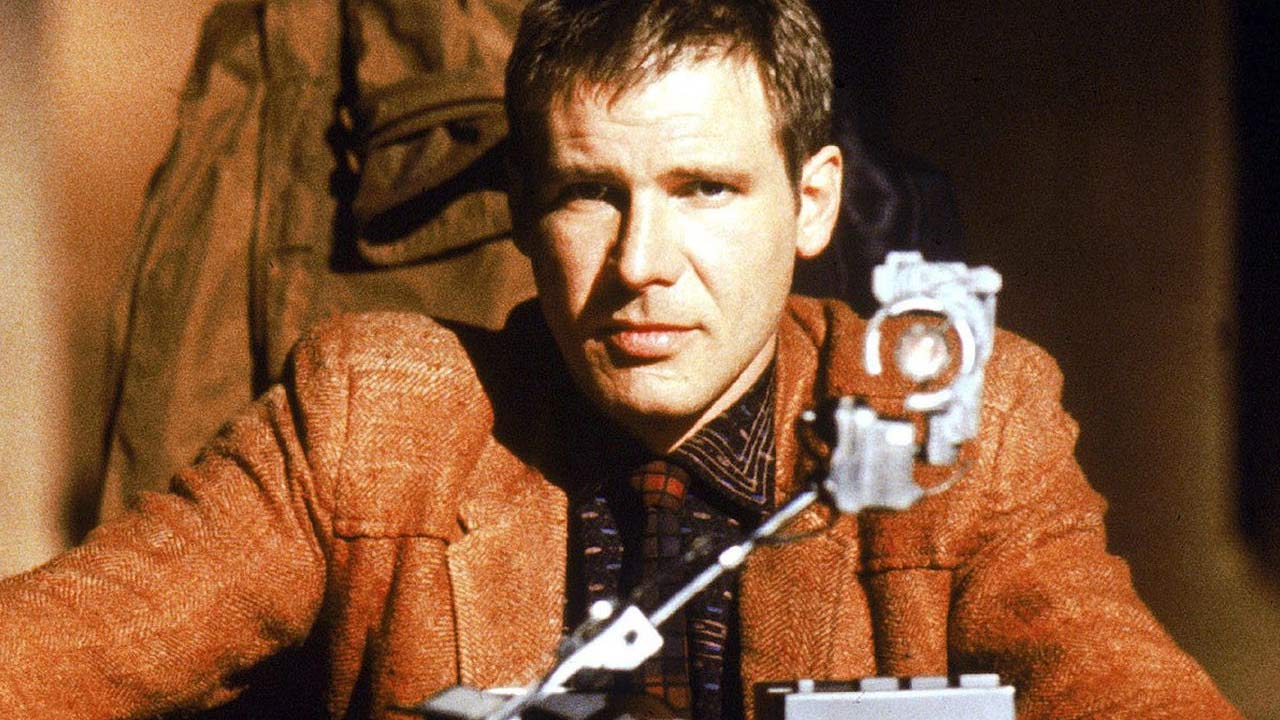
Blade Runner (1982)
Whatever the edit, Ridley Scott’s dystopian noir about an embittered former police detective (Harrison Ford) hunting a group of escaped androids through 2019 Los Angeles is a sciencefiction masterpiece. With a beautiful, haunted Rutger Hauer as the artificial antagonist, the movie takes cinematic wonder into inescapable tragedy.
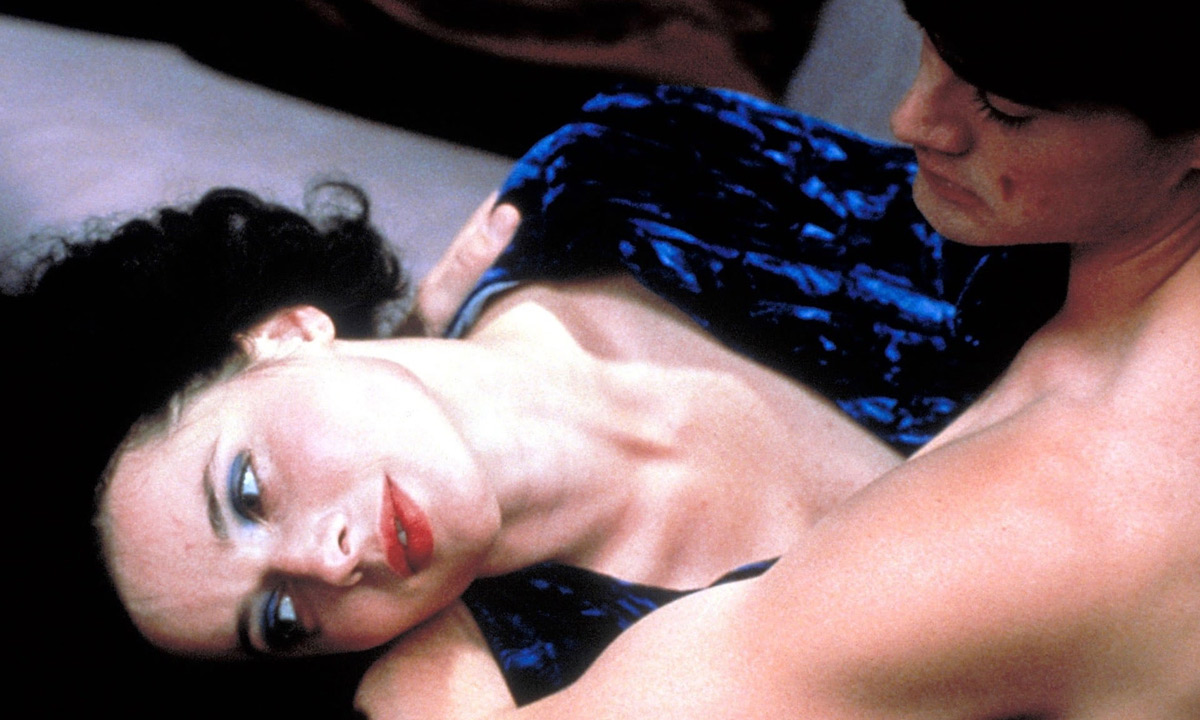
Blue Velvet (1986)
A small town neo-noir plucked from the subconscious of David Lynch and brought to vivid life by Kyle MacLachlan, Isabella Rossellini, and a nightmarish Dennis Hopper. The innocent and the depraved have rarely been as inextricably linked as they are here.
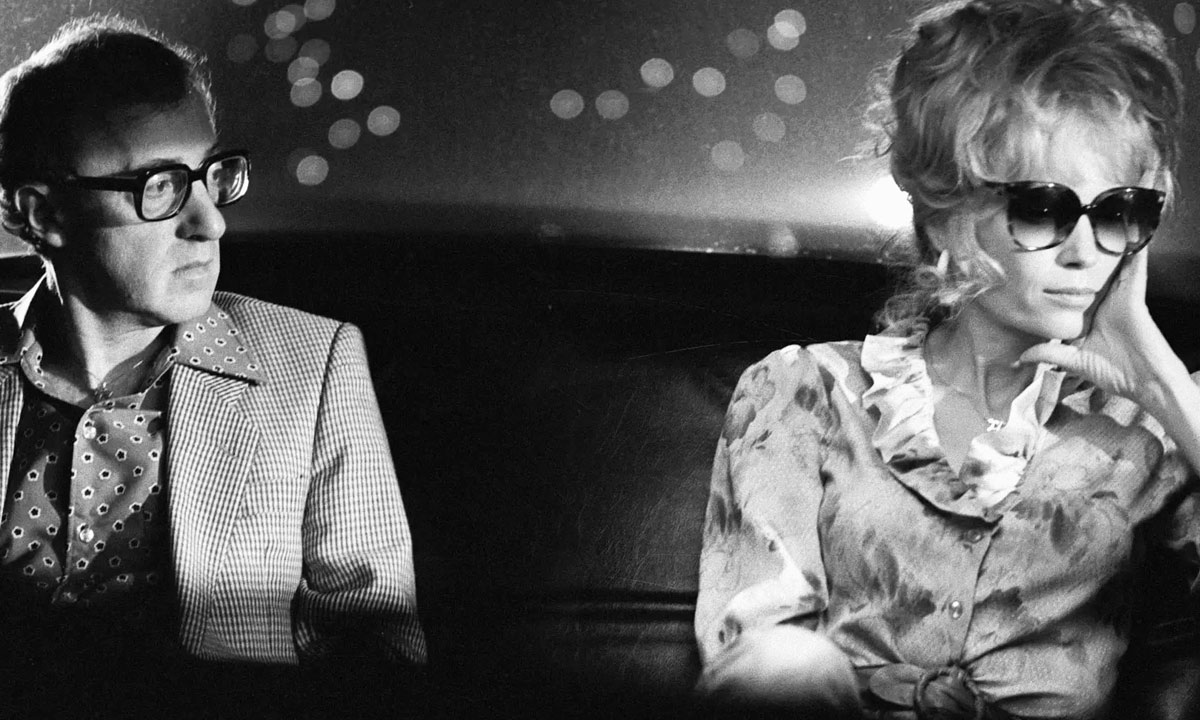
Broadway Danny Rose (1984)
Watch on StanIn this philosophical screwball comedy, beautifully shot in black and white by Gordon Willis, Woody Allen stars as a struggling talent agent who has to go on the run with the Mafia widow and mistress of one of his clients, Tina (Mia Farrow), whose uncomplicated demeanour challenges his inhibitions.
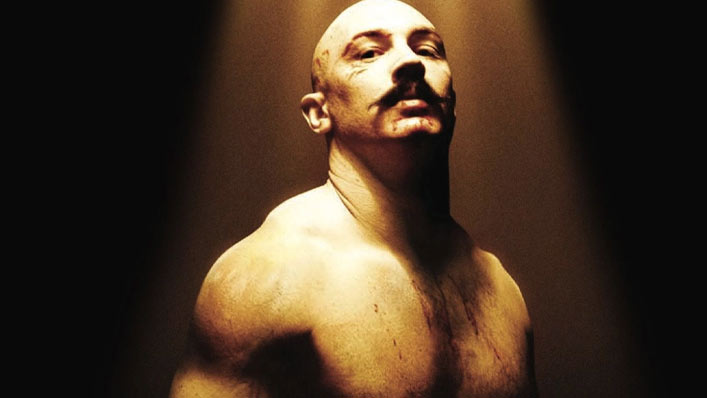
Bronson (2008)
Danish filmmaker Nicolas Winding Refn and star Tom Hardy, in a breakthrough role, turn a grim British criminal biopic into a bloody and inventive dissection of delusion and celebrity.
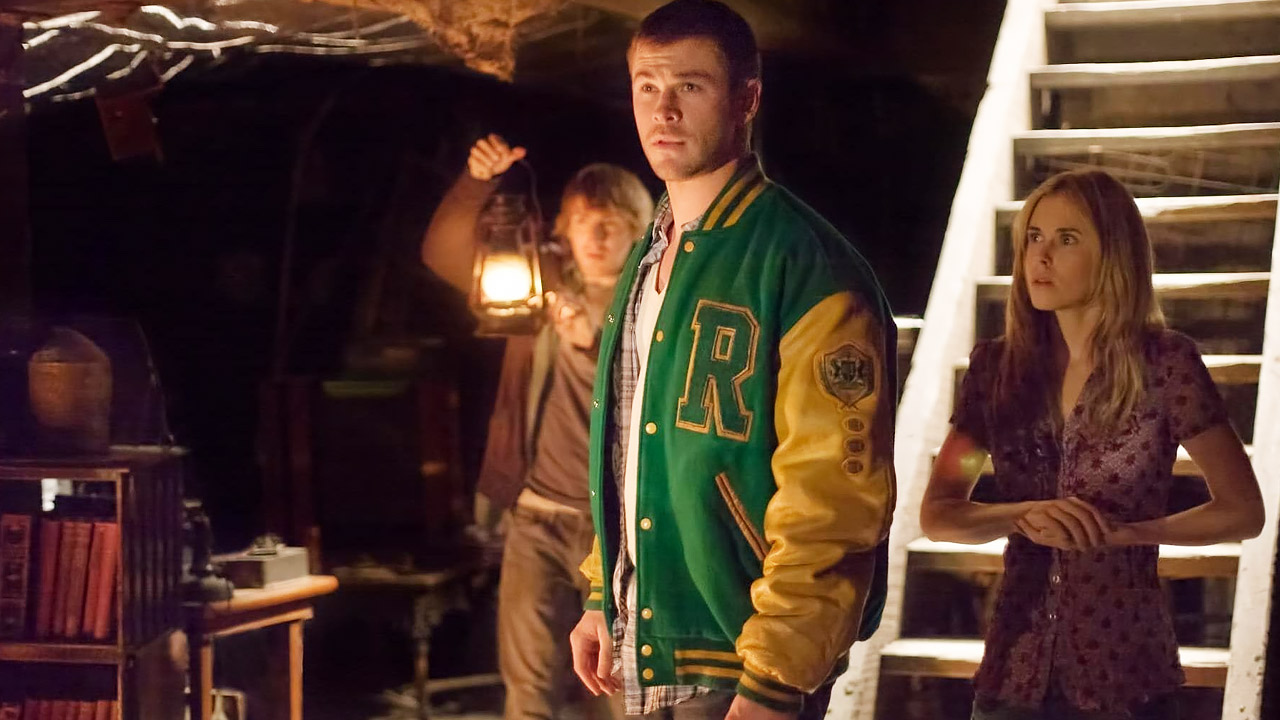
The Cabin in the Woods (2012)
Simultaneously a celebration and deconstruction of horror’s mainstream principles, Joss Whedon and Drew Goddard’s dark comedy turns a group of college students’ trip to an isolated cabin into a ritual slaughter mundanely managed by a pair of white-collar company men (Bradley Whitford and Richard Jenkins). The genre’s lust for blood is cruelly satisfied.
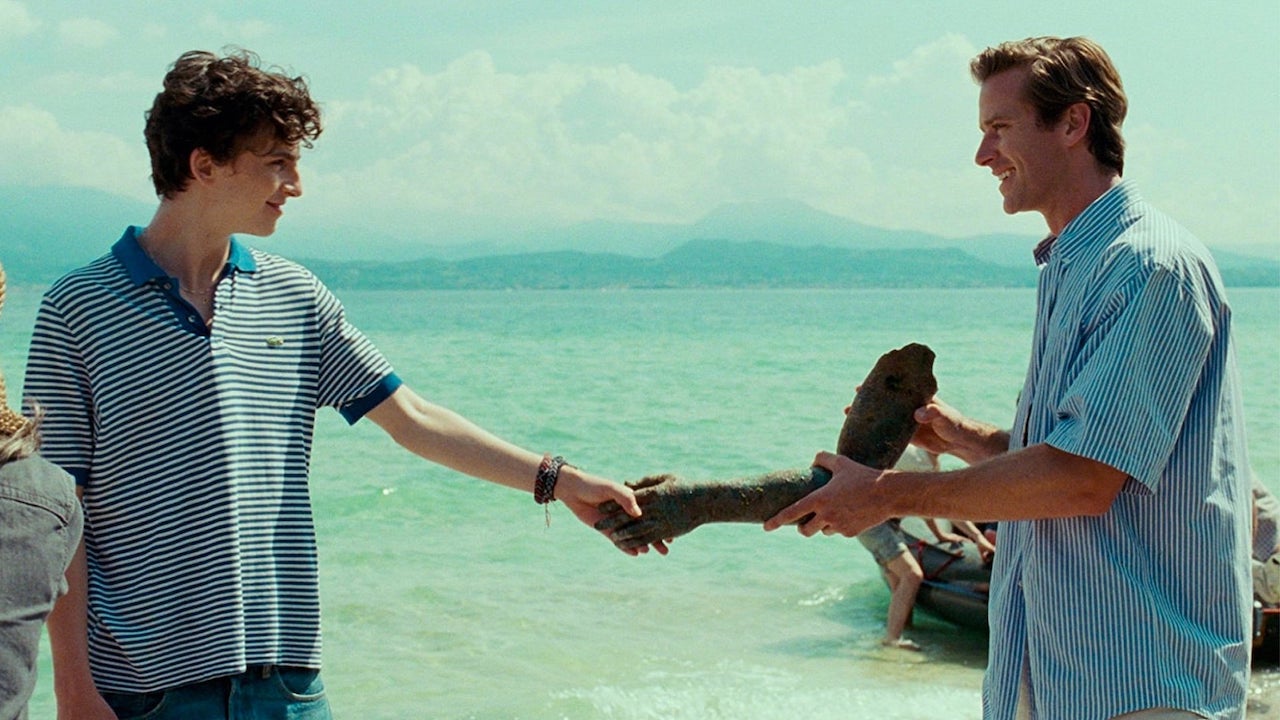
Call Me By Your Name (2017)
Endowed with the scrupulous teenage passion of Timothée Chalamet and the gilded restraint of Armie Hammer, Luca Guadagnino’s exquisite coming-of-age gay romance, set against the backdrop of a 1980s Italian summer, is a ravishing study of sensuality, connection, and ultimately loss.
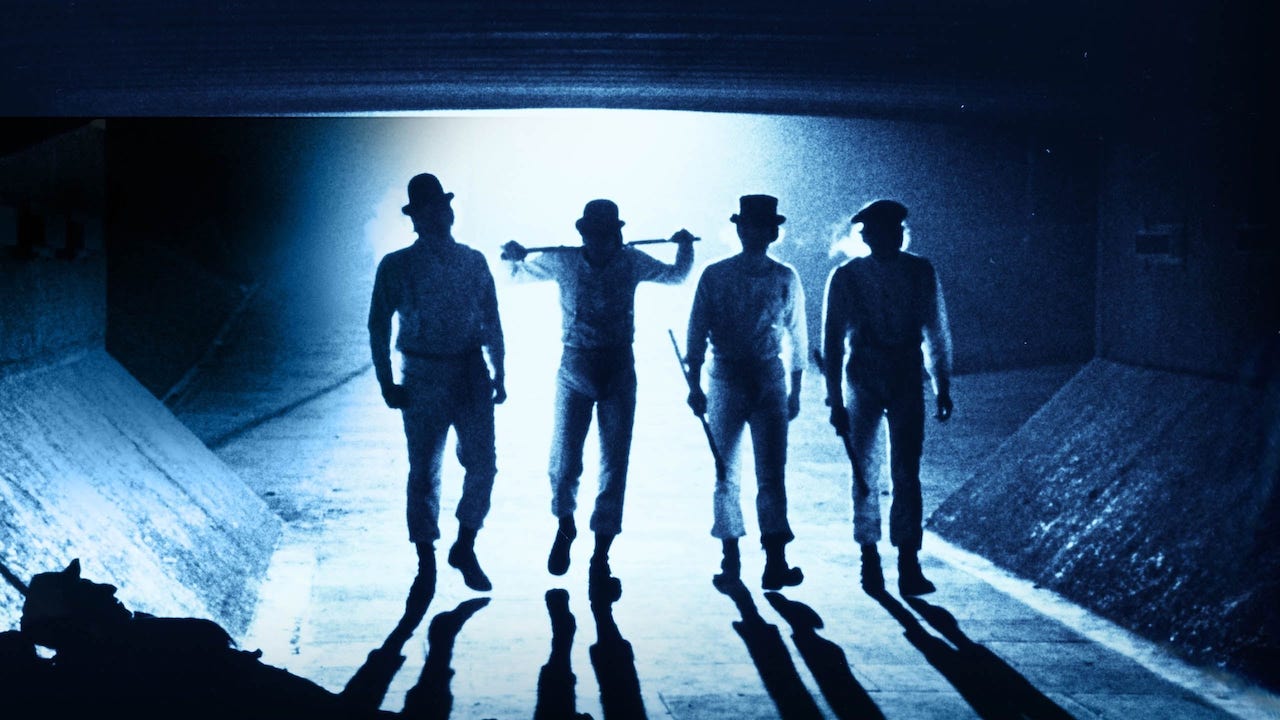
A Clockwork Orange (1971)
2001: A Space Odyssey is the science-fiction movie most readily associated with Stanley Kubrick, but three years after its release, the exacting auteur produced this dystopian drama daubed with black humour, about a juvenile delinquent (Malcolm McDowell) savaged by the system in a futuristic Britain. Difficult to see for decades, it’s now ripe for reappraisal.
District 9 (2009)
A study of xenophobia that mixes together The Office, Alien Nation, and even a little Kafka, Neil Blomkamp’s bracing debut has digital effects so complete and accomplished that they enhanced—instead of overwhelming—the story of a South African bureaucrat (Sharlto Copley) working an alien ghetto in Johannesburg who is exposed to an unknown substance and begins to transform. Heavy weapons and black humour proliferate.
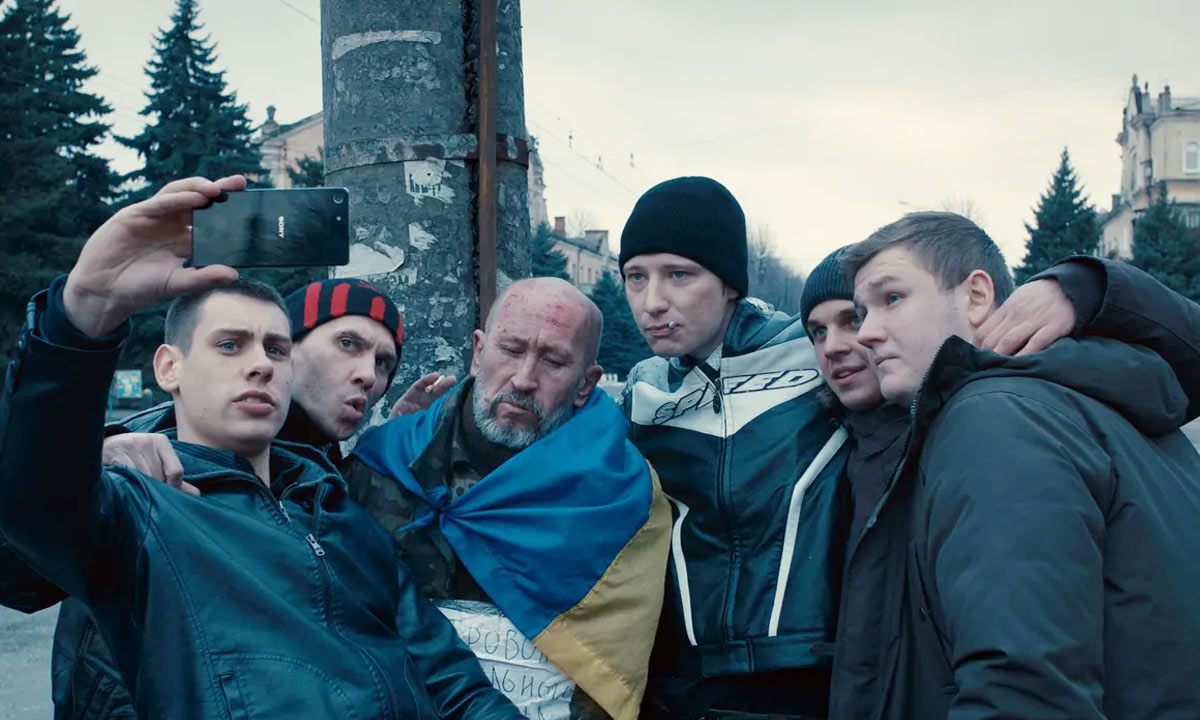
Donbass (2018)
Using tellingly long and sadly alert takes to portray the collapse of society in the east of Ukraine, following covert Russian intervention, director Sergei Loznitsa couches his black humour in documentary-like scenes that capture the fraying of borders and reason.
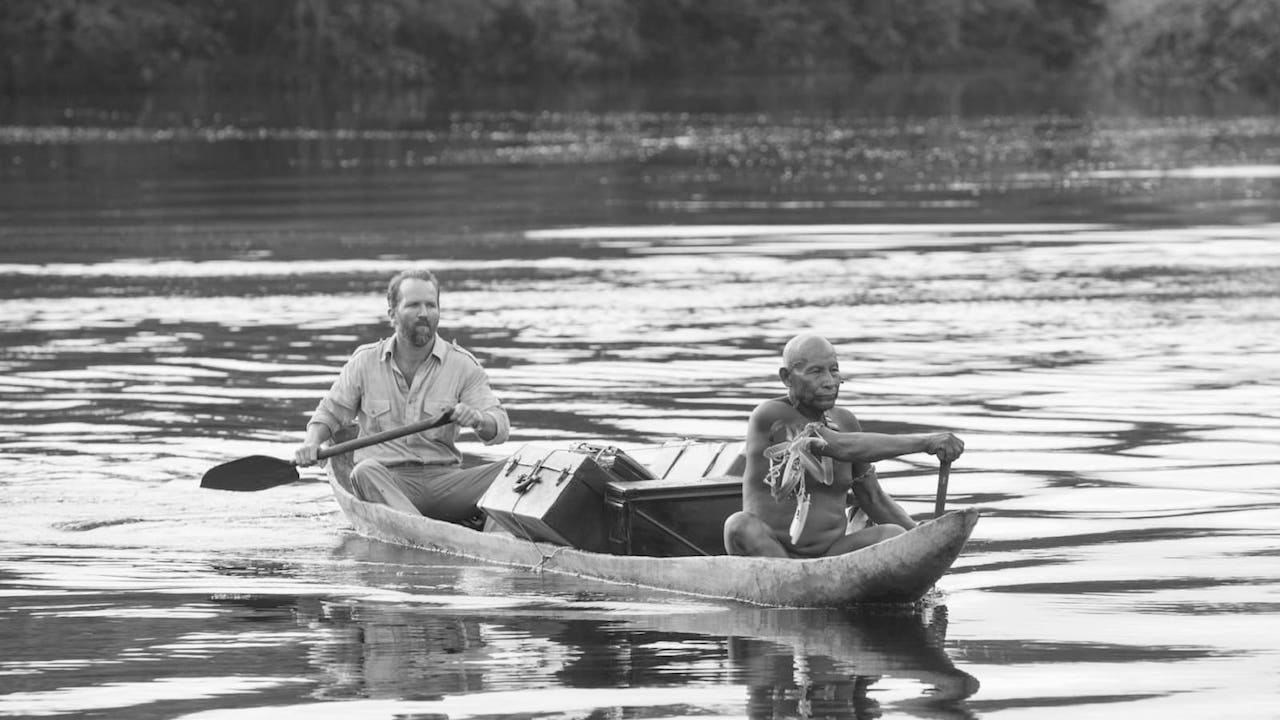
Embrace of the Serpent (2015)
Set just over 100 years ago amidst the majestic grandeur—and ever-encroaching colonial grip—of the Colombian section of the Amazon River, Ciro Guerra’s elegiac drama uses two quests to explore the clash of cultures and the brutal failings of settlement. The film’s harshness never deprives of it wonder or sympathy: watching it, you feel as if you’re discovering a new world already slipping away.
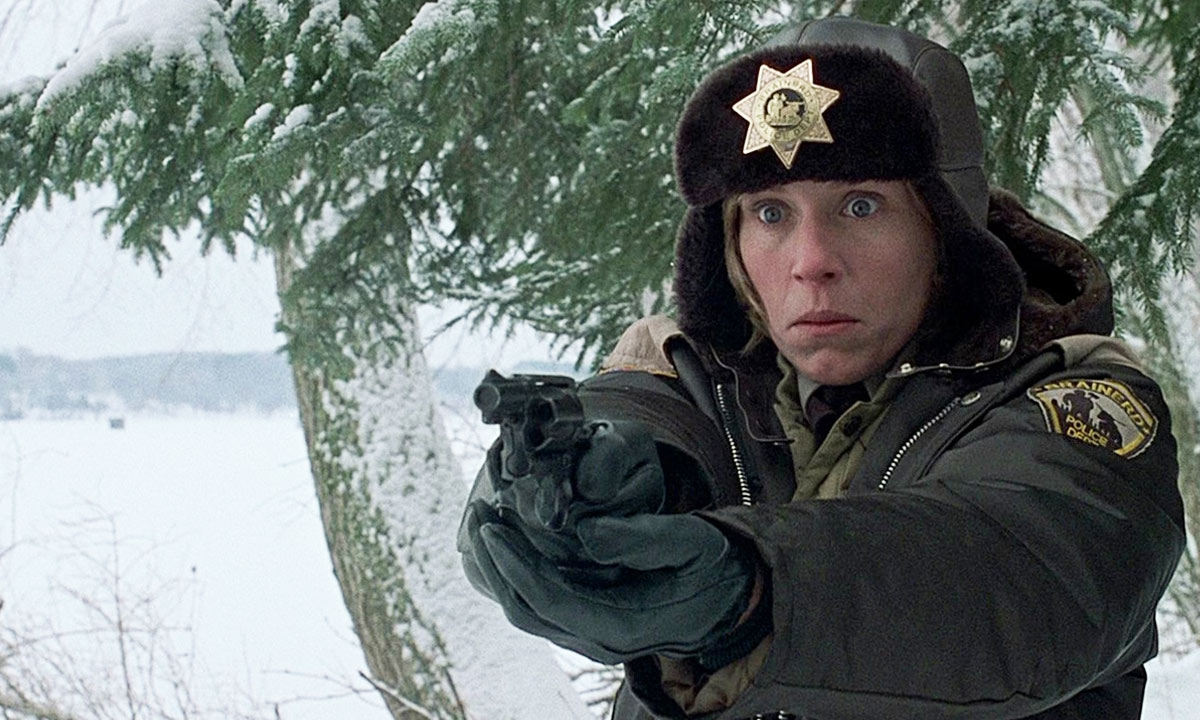
Fargo (1996)
A morality tale told in very cold blood, as a pregnant small town sheriff (Francis McDormand) unwinds a bungled kidnapping in snowy Minnesota that spirals out of control in a Joel and Ethan Coen masterpiece about the mundanity of wrongdoing.

The Good, the Bad and the Ugly (1966)
Sergio Leone’s classic spaghetti western, with Clint Eastwood, Lee Van Cleef, and Eli Wallach as the titular gunslingers, is the epitome of grisly widescreen elegance.
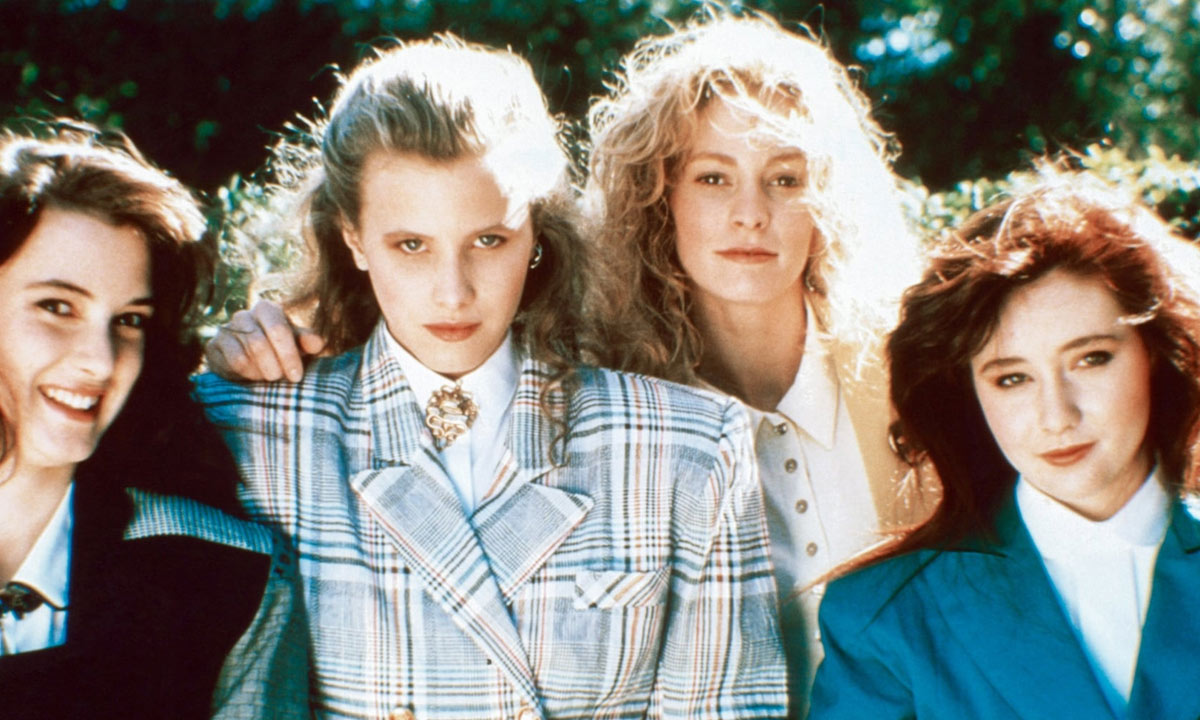
Heathers (1988)
“Dear diary, my teen angst bullshit now has a body count.” The seminal satire of the teen movie, Michael Lehmann’s scorching black comedy—determined to bite every hand that would even think of feeding it—offers a bleakly hilarious high school critique, with note-perfect performances from Winona Ryder and Christian Slater.
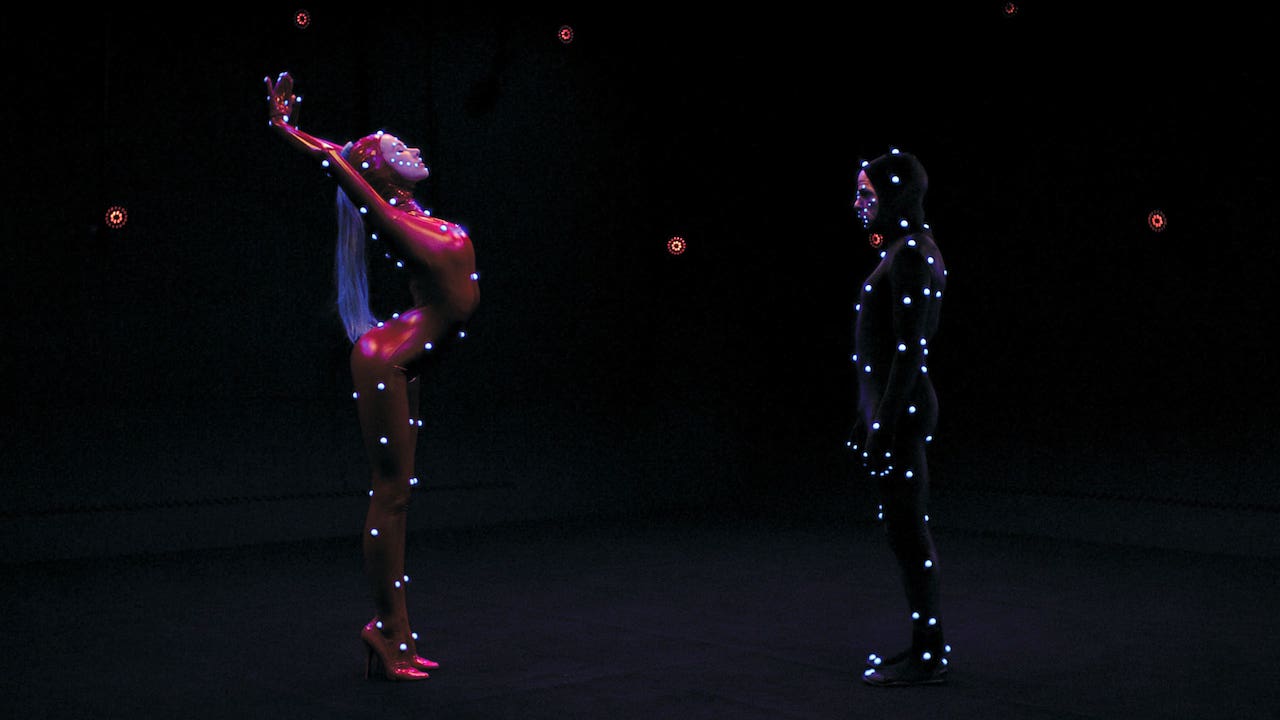
Holy Motors (2012)
In Leos Carax’s breathtaking and unpredictable journey through the very nature of cinematic creativity, Monsieur Oscar (Denis Lavant) dutifully reinvents himself—both physically and emotionally—for job after job that offer richly interpretive takes on everything from sex to commerce. With Eva Mendes and Kylie Minogue in Oscar’s orbit, this is thrillingly original French cinema.
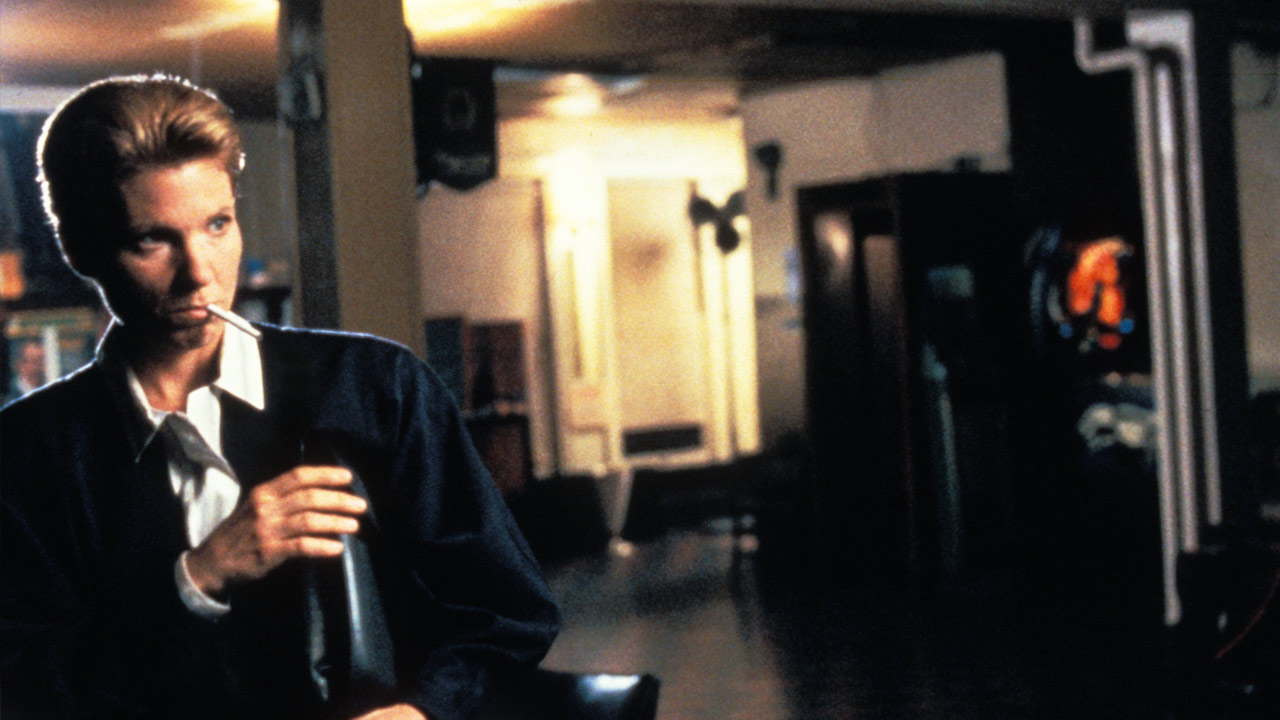
House of Games (1987)
“The things we want, we can do them or not do them—but we can’t hide them.” David Mamet was already one of the most acclaimed playwrights in America and a cynical Hollywood screenwriter, when he started directing with this compelling neo-noir thriller about a psychiatrist (Lindsay Crouse) who falls in with a conman (Joe Mantegna) and his crew. The incisive dialogue is psychologically charged—compulsion stripped bare.

Hunger (2008)
Based on historic 1970s events and set in a Northern Ireland prison, where IRA members engage in a hunger strike against the British government, Steve McQueen’s debut takes confinement and resistance from a cell into the body as Bobby Sands (Michael Fassbender) approaches the end of his life.
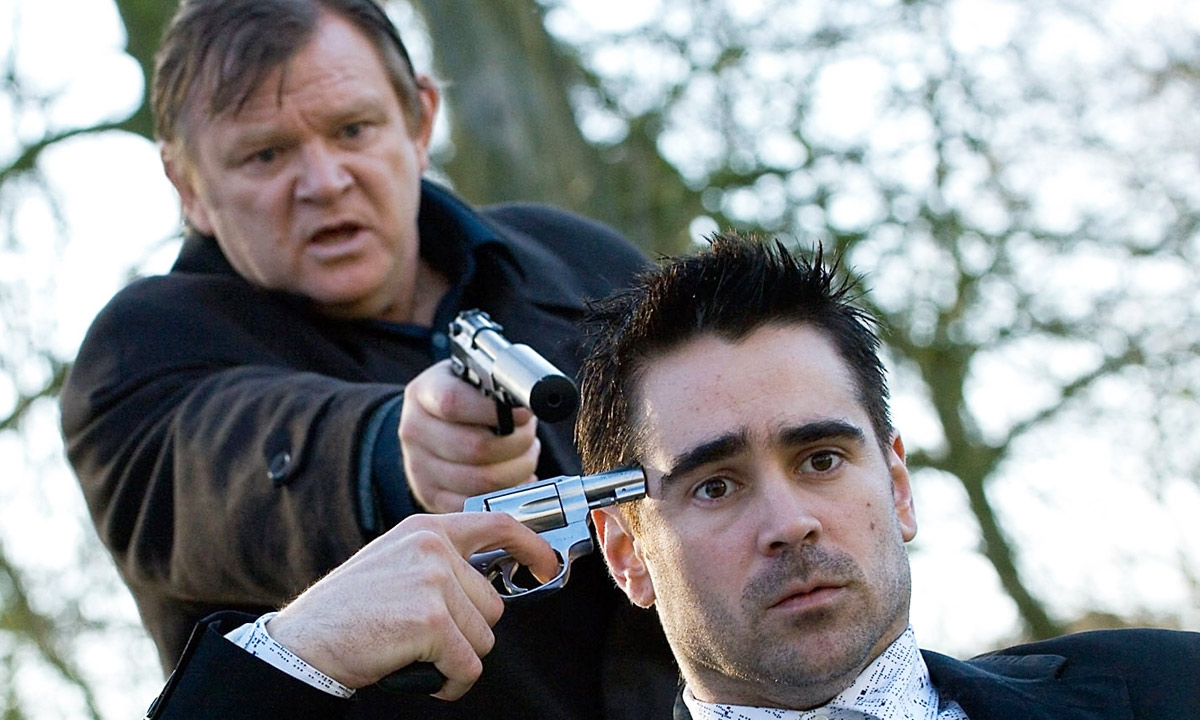
In Bruges (2008)
A pair of Irish gangland killers (Colin Farrell and Brendan Gleeson) hide out in a rustic Belgium city, and their forced inactivity becomes a personal odyssey as they confront the lives they’ve led. Written and directed, with stinging and sardonic dialogue, by Martin McDonagh.
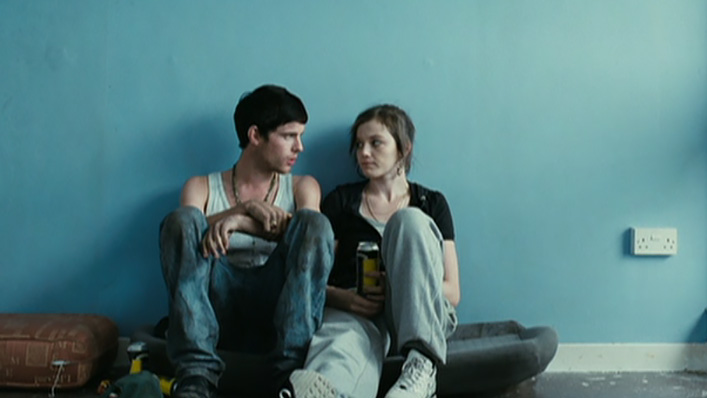
Fish Tank (2009)
Directed with complex empathy, the second feature from Andrea Arnold is a naturalistic coming-of-age tale set on an Essex housing estate, where 15-year-old hellion Mia (Katie Jarvis) struggles to make sense of her life’s seemingly narrow paths forward.

Frances Ha (2012)
This bittersweet 20-something comedy saw the collaboration between Greta Gerwig—a marvel as a neurotic optimist—and Noah Baumbach take off, with the former playing a young woman coming to grips with a life she mistakenly believes she has figured out. Every stitch of sympathy and experience is hard fought.
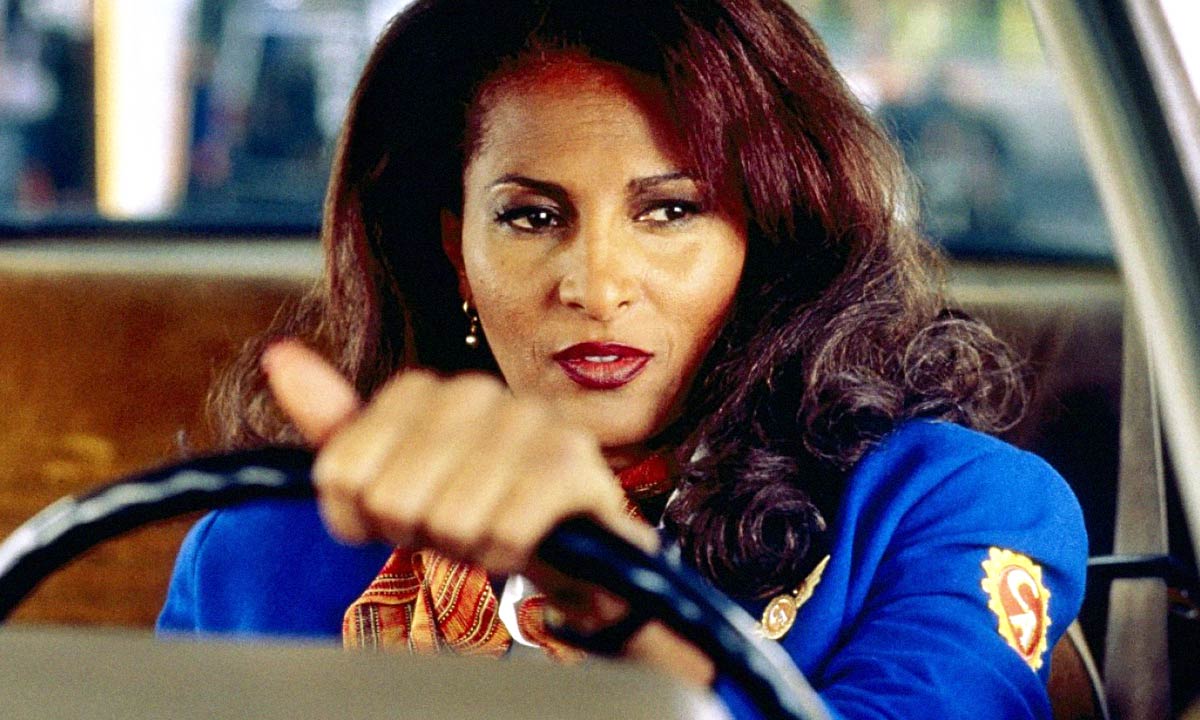
Jackie Brown (1997)
The Quentin Tarantino who wrote about adults on the margins of a recognisable America reached his since ignored peak with this patient and persuasive Elmore Leonard adaptation, in which Pam Grier’s compromised air hostess gets mixed up with Robert Forster, Samuel L. Jackson and Robert De Niro. Smart, soulful and quietly heartbreaking.
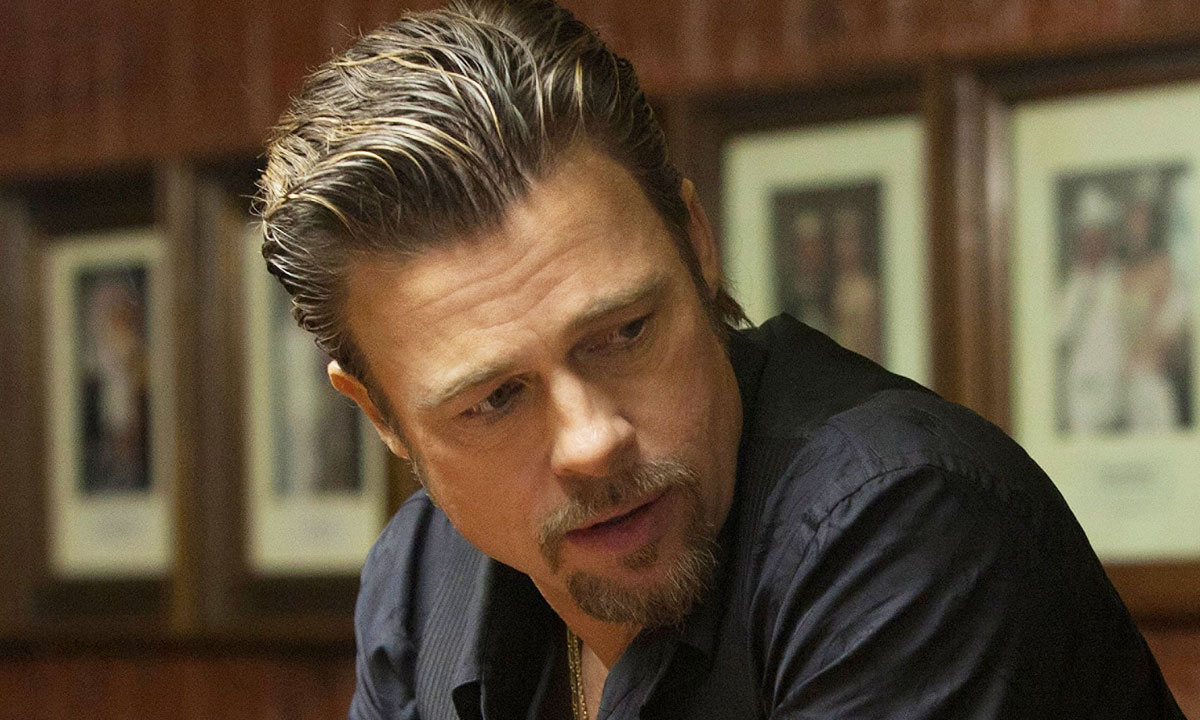
Killing Them Softly (2012)
A bleak, astute modern tragedy, Andrew Dominik’s New Orleans crime film is about worlds in collapse. America’s economy implodes as the 2008 election plays out, while a hitman (Brad Pitt) sent to punish thieves and a mob functionary finds that his colleague (James Gandolfini) has lost his nerve. Amid the violent punctuation the two men—respectively silent and shattered—are compelling together.
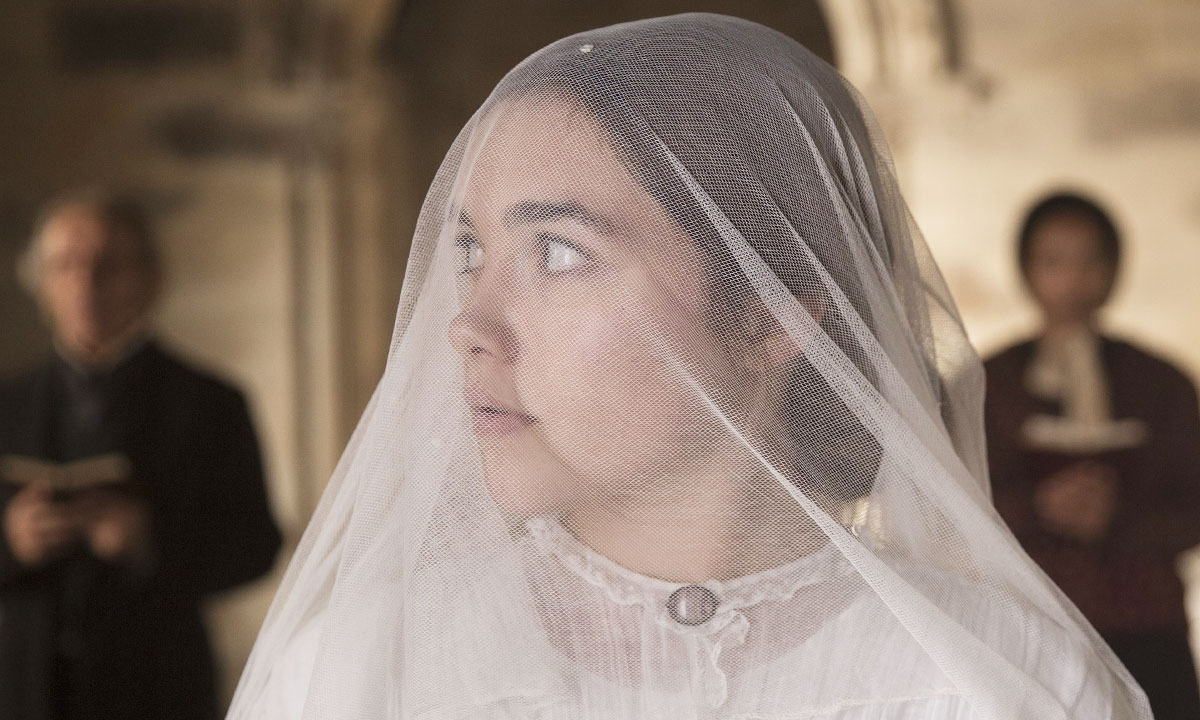
Lady Macbeth (2017)
Florence Pugh delivered her breakthrough performance in William Oldroyd’s chilling 19th century noir, which reinvents the period drama with violent excess and psychological duress. Pugh invokes the darkest desire for freedom as a young bride on an English country estate who refuses to stay under the control of her husband and his family.
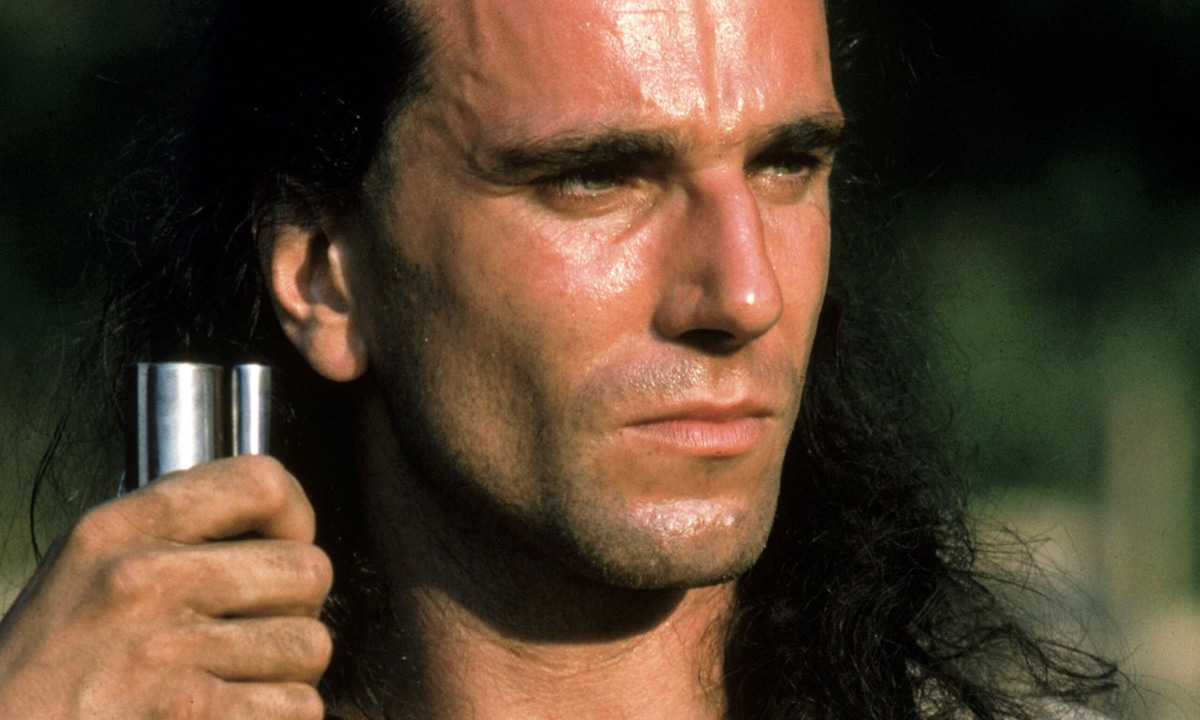
The Last of the Mohicans (1992)
Michael Mann drew gripping momentum from unbridled passion and raw physicality in this compelling depiction of a bloody 18th century frontier war in North America, connecting Daniel Day-Lewis and Madeleine Stowe’s magnetically attracted characters.

Lola (1961)
No filmmaker from the French New Wave used the cinema’s grand past to subtly suggest an elegantly intimate future better than Jacques Demy did. From one gorgeous composition to the next, his wistful 1961 debut follows a cabaret dancer (Anouk Aimee) moving between a supporting cast of suitors.
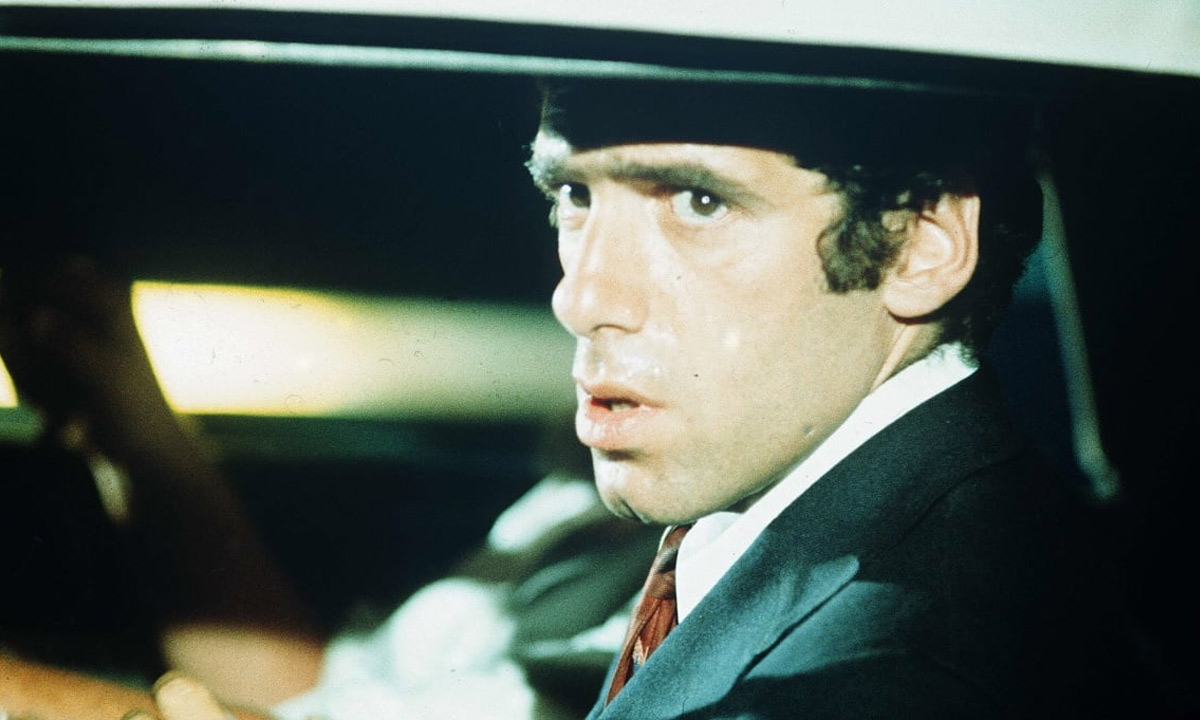
The Long Goodbye (1973)
Watch on StanThe most autobiographical of Raymond Chandler’s hardboiled crime novels is moved to 1970s Los Angeles, where director Robert Altman cast a hard eye on the sunny, corrupt soul of California through a sardonic but unwavering private eye—Elliott Gould’s Philip Marlowe. It’s a film of competing narratives and moral judgments that’s become widely influential; both The Big Lebowski and Inherent Vice pay tribute to it.
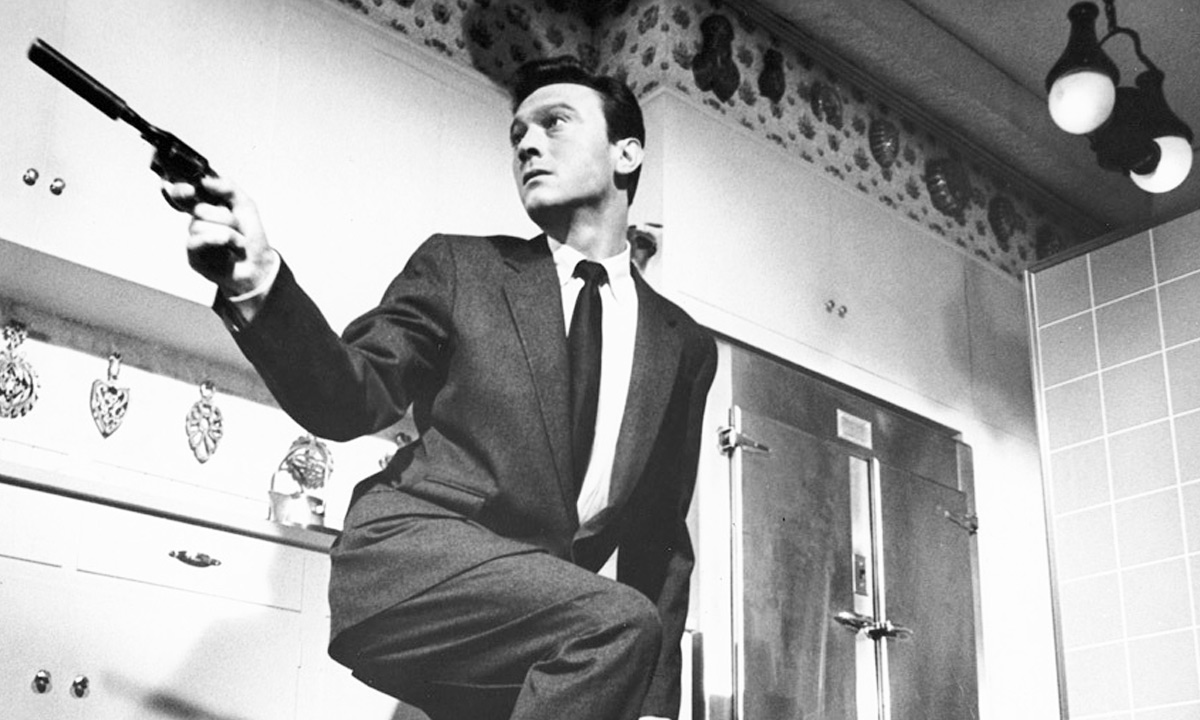
The Manchurian Candidate (1962)
Withdrawn for decades because its chilling take on mind control and Presidential assassination freaked people out—including star Frank Sinatra—John Frankenheimer’s paranoid masterpiece about a plot against America features an unforgettably malignant supporting turn from Angela Lansbury as a mother who knows worst.
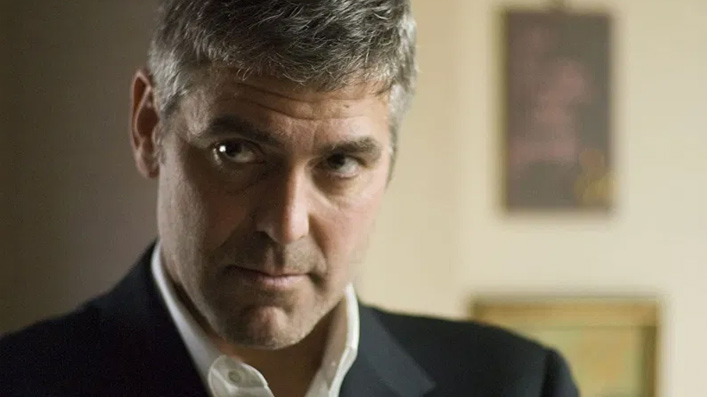
Michael Clayton (2007)
A taut legal thriller whose defining emotion is self-loathing, the feature debut of leading Hollywood screenwriter Tony Gilroy makes fascinating use of George Clooney as a lawyer tired of working as a fixer for the wealthy. Tilda Swinton, Tom Wilkinson and Sydney Pollack are exemplary in support, as corporate and criminal culture are wound together.
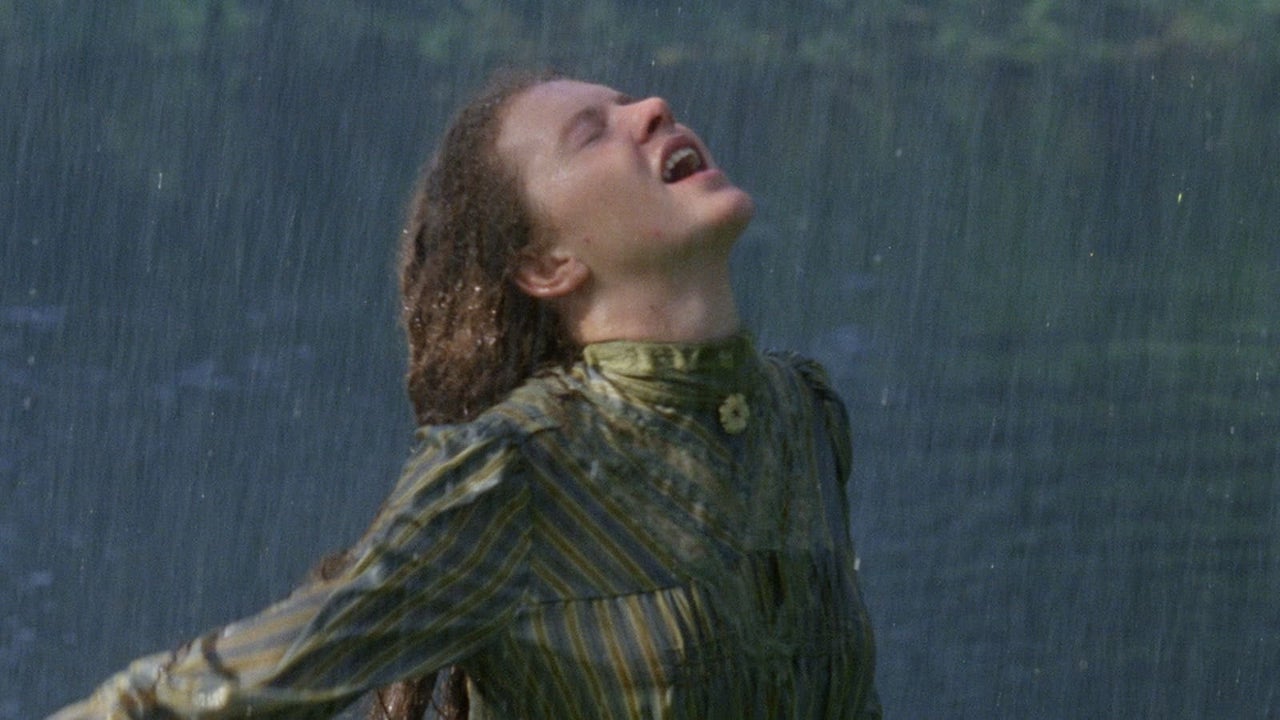
My Brilliant Career (1979)
One of the defining classics of the Australian New Wave, Gillian Armstrong’s debut feature is built around a compelling lead performance by Judy Davis as a young woman coming of age at the close of the 19th century. Bridling against her lack of choices, though tempted by Sam Neill’s presence as a suitor, her actions still resonate today.
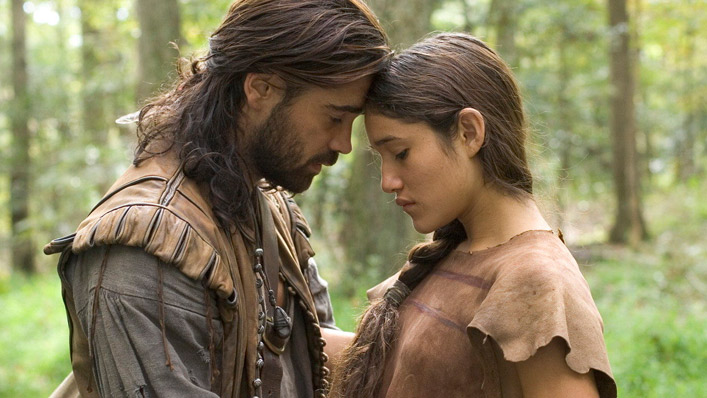
The New World (2005)
Starting in the fledgling British settlement of Jamestown in 1607, Terrence Malick’s frontier saga examines how the march of civilisation debases the natural world even as a Native American leader’s daughter, Pocahontas (Q’Orianka Kilcher), saves the life of a captive soldier, John Smith (Colin Farrell). The vast and the minuscule are rapturously intertwined.

Network (1976)
A savage satire of the mainstream media that has gone from exaggerated to exact over the subsequent and tumultuous decades. Sidney Lumet charts the resurgence of a fading newsreader (Peter Finch) whose furious rants are put to air by his employers, notably Faye Dunaway’s astute programmer.
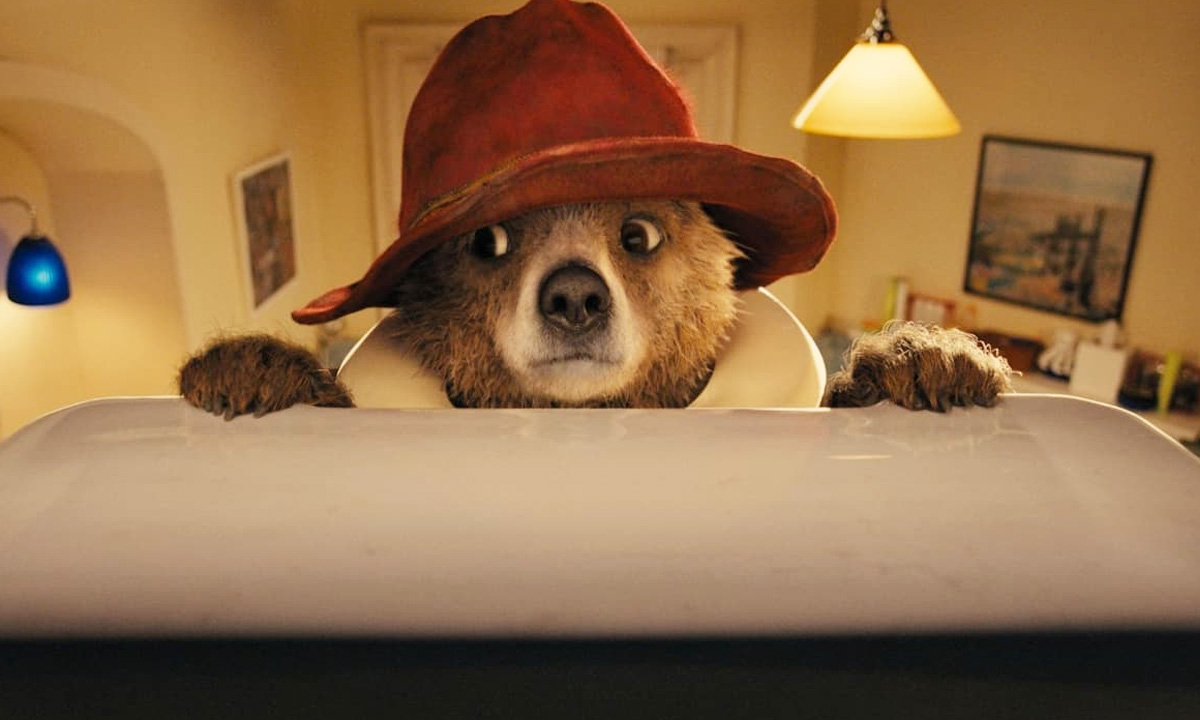
Paddington (2014)
The best family film of the last decade, rich with inviting design and repellent of xenophobia, allows the gentle antics of a Peruvian bear new to London (voiced by Ben Whishaw) to save a family, bestow a purpose, and defy Nicole Kidman’s deliciously cartoonish villain. An absolute delight.
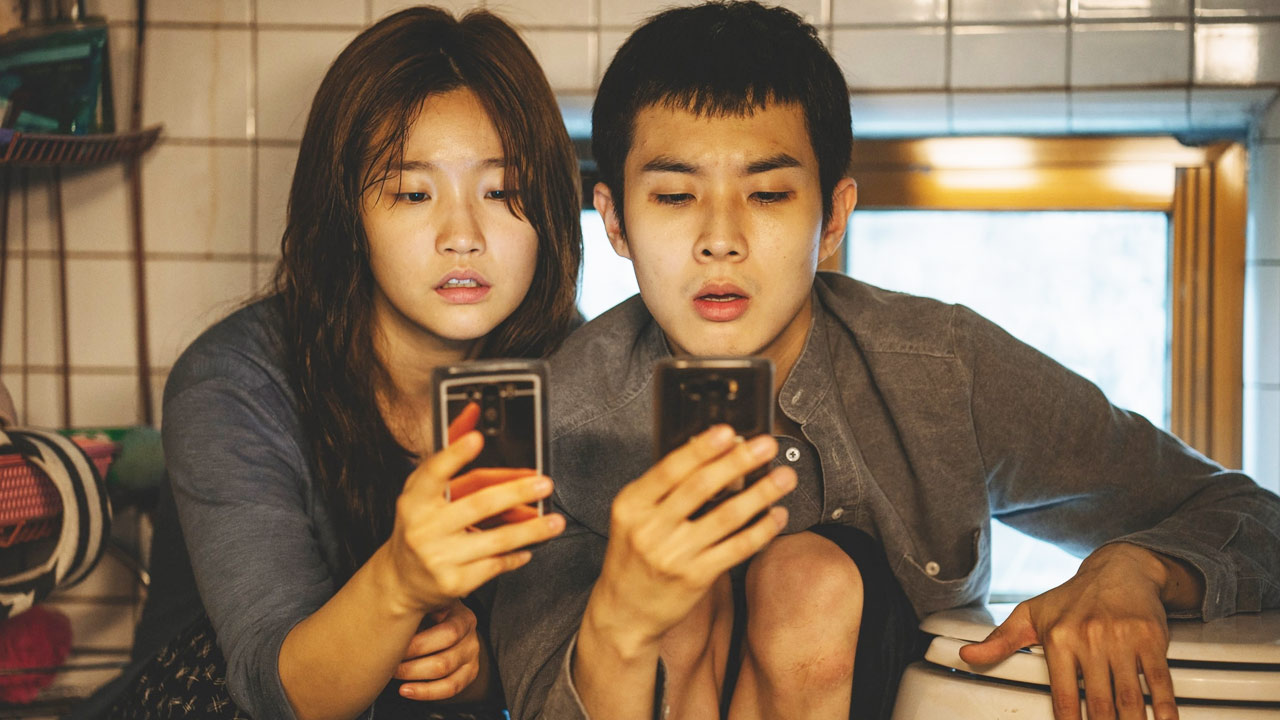
Parasite (2019)
Bong Joon-ho extracts a heavy price for his subversive mastery of genres: in his Academy Awards-dominating study of inequality—equal parts Bunuel and Hitchcock—he gets you to barrack for wrongdoing and mistake jealousy for necessity. Architecture and amorality flourish in an astoundingly complete feature.
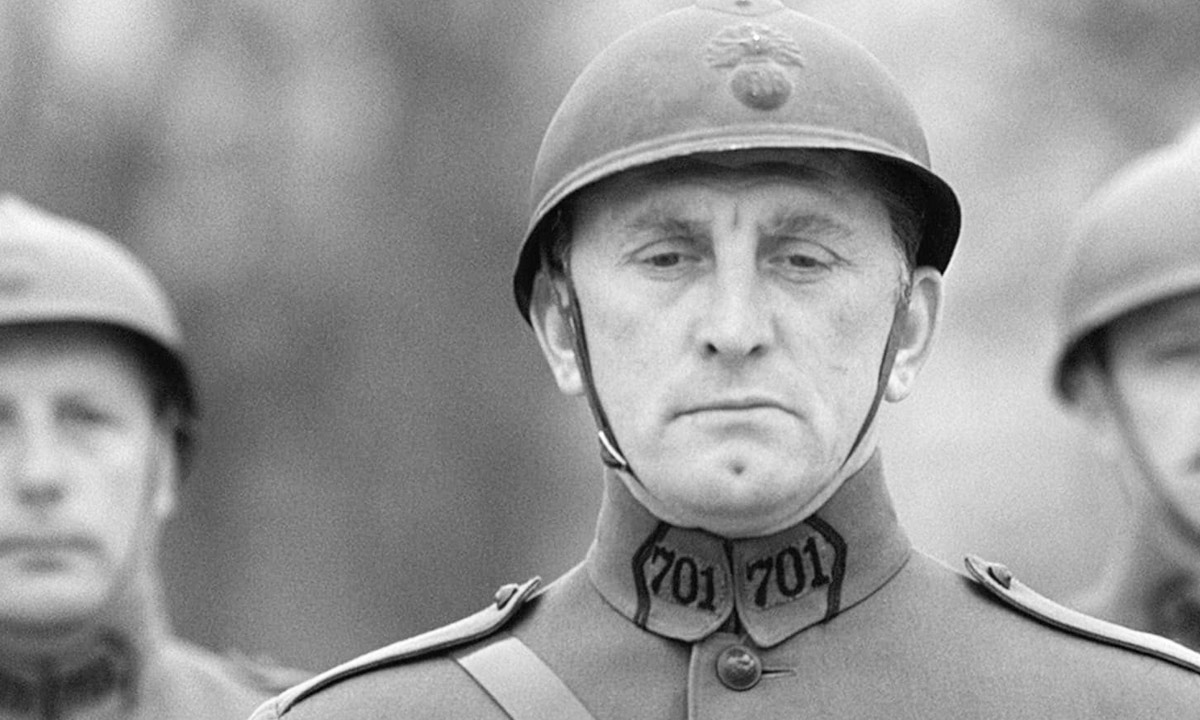
Paths of Glory (1957)
An unflinching indictment of the military mindset located in the blood-soaked French trenches during the Great War, directed by Stanley Kubrick and starring Kirk Douglas as an officer defending wrongfully condemned soldiers.
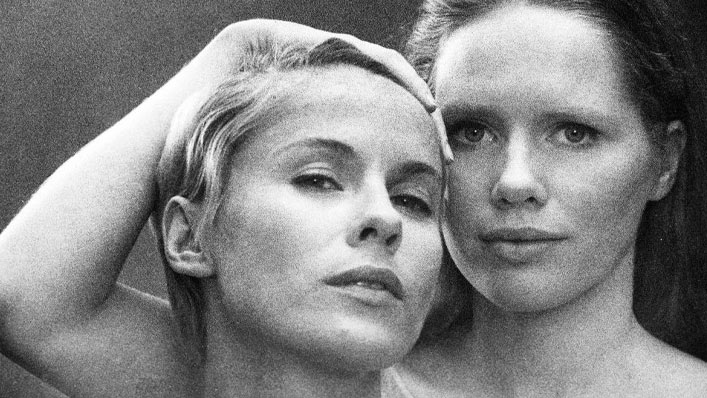
Persona (1966)
Ingmar Bergman’s emotionally coruscating 1966 drama remains an intimate study of modern disenchantment, personal despair and our willingness to play the roles we need in our lives. Liv Ullmann and Bibi Andersson are mute patient and patient nurse, sharing a dynamic that allows for the transference of power and personality.
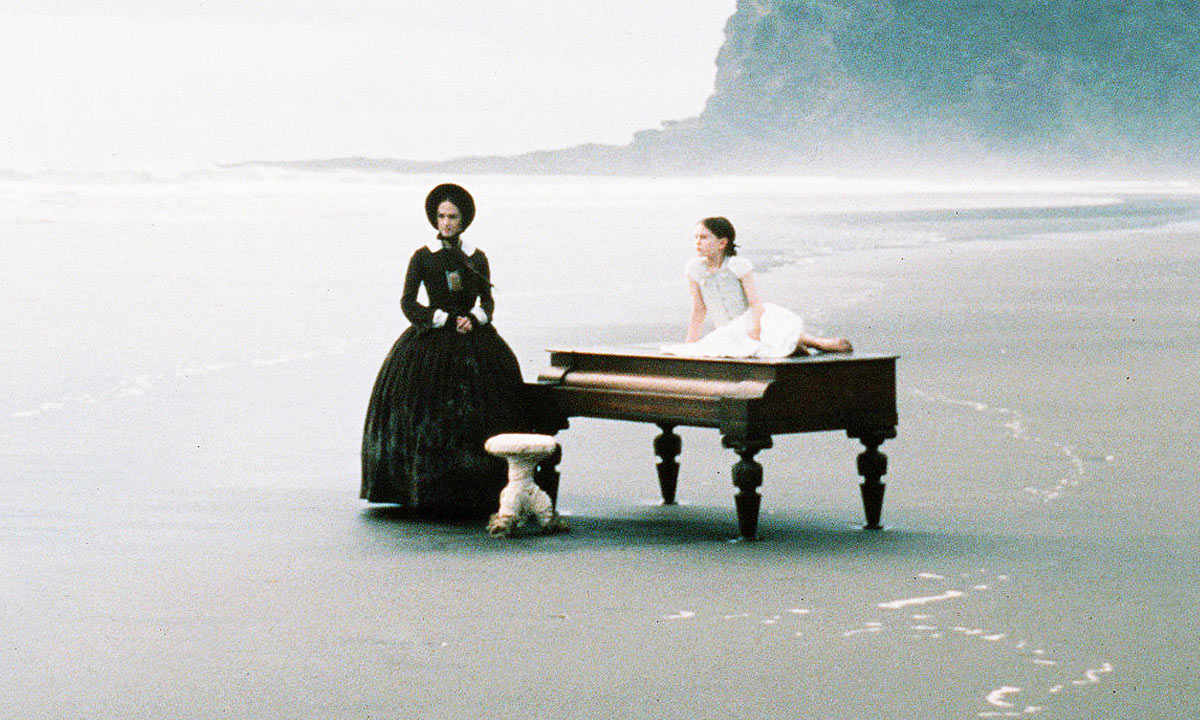
The Piano (1993)
With the fiercely unyielding New Zealand landscape as its backdrop, Jane Campion’s masterful period drama is a story of female agency told through a 19th century newcomer (Holly Hunter), the fiancé she doesn’t know (Sam Neill) and his employee who pursues her (Harvey Keitel). It’s a ravishing film: evocative and, like its lead, defiantly inexplicable.
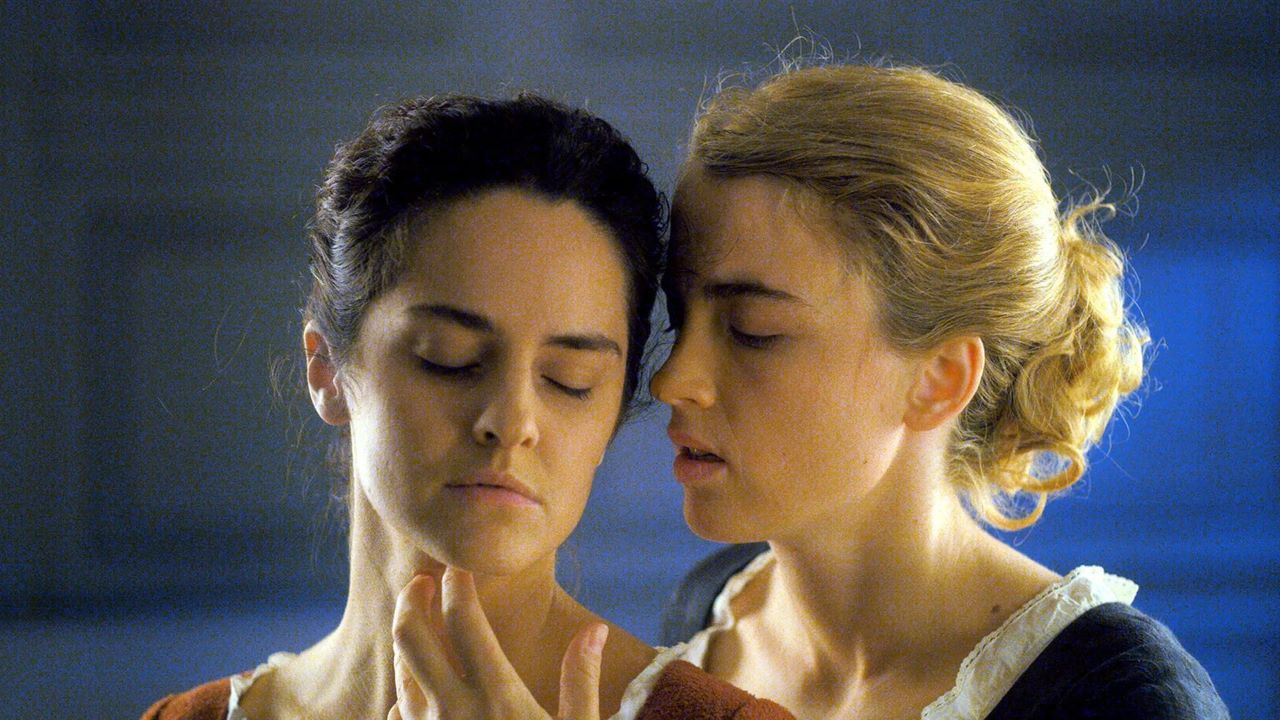
Portrait of a Lady on Fire (2019)
“Do all lovers feel they’re inventing something?” A romance for the ages, Celina Sciamma’s French period drama is an invocation of love, the study and capture of image, and the deep reserves of the female gaze. A 19th century portrait painter (Noemie Merlant) is drawn to her wary subject (Adele Haenel) and the result is a wrenching union filled with anguish and pleasure.
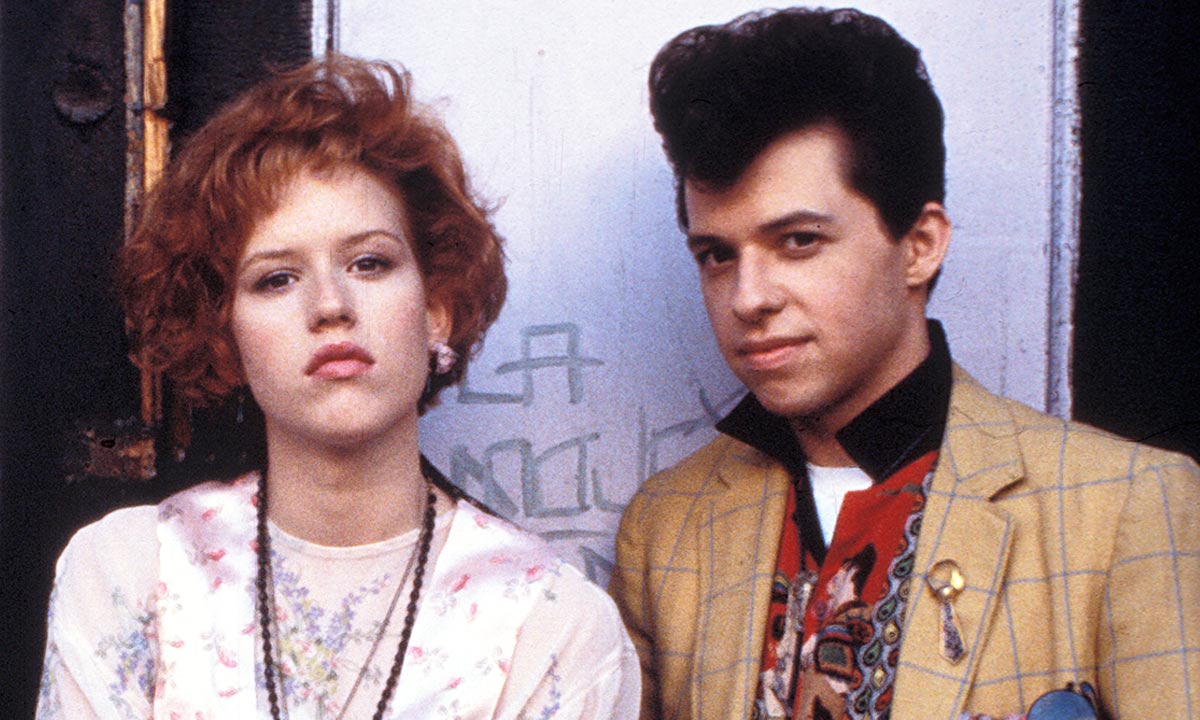
Pretty in Pink (1986)
The best of John Hughes 1980s teen movies—directed with yeoman-like attentiveness by Howard Deutch—is a coming-of-age tale for high school senior Andie (Molly Ringwald) that is alert to class, attraction and the sheer uncooperative struggle of adolescence. Plus the soundtrack slays.
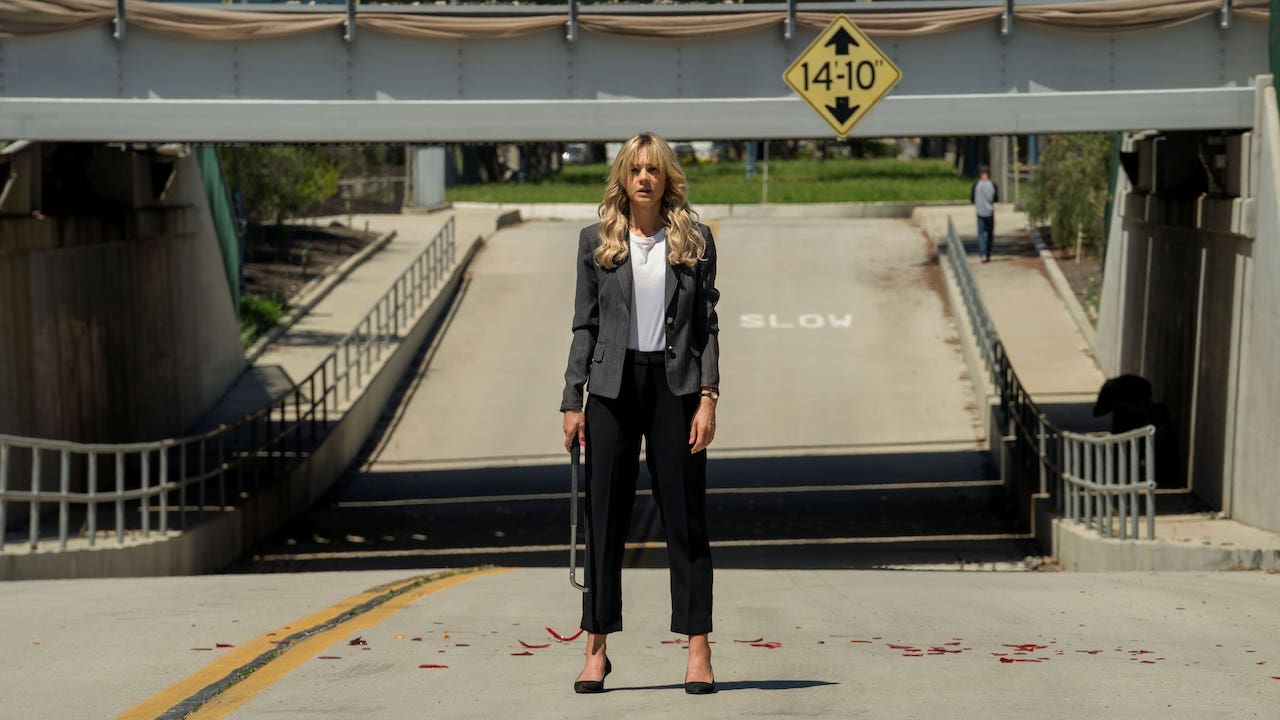
Promising Young Woman (2020)
Writer/director Emerald Fennell’s debut feature has an exacting command of tone: as a black comedy that serves as a cultural inquisition, its romantic tropes have nightmarish outcomes. Unfolded through trauma’s hold, it follows Carey Mulligan’s Cassandra, who presents herself to men as a vulnerable victim and then takes command. Retribution and reconciliation have no chance to coexist here.
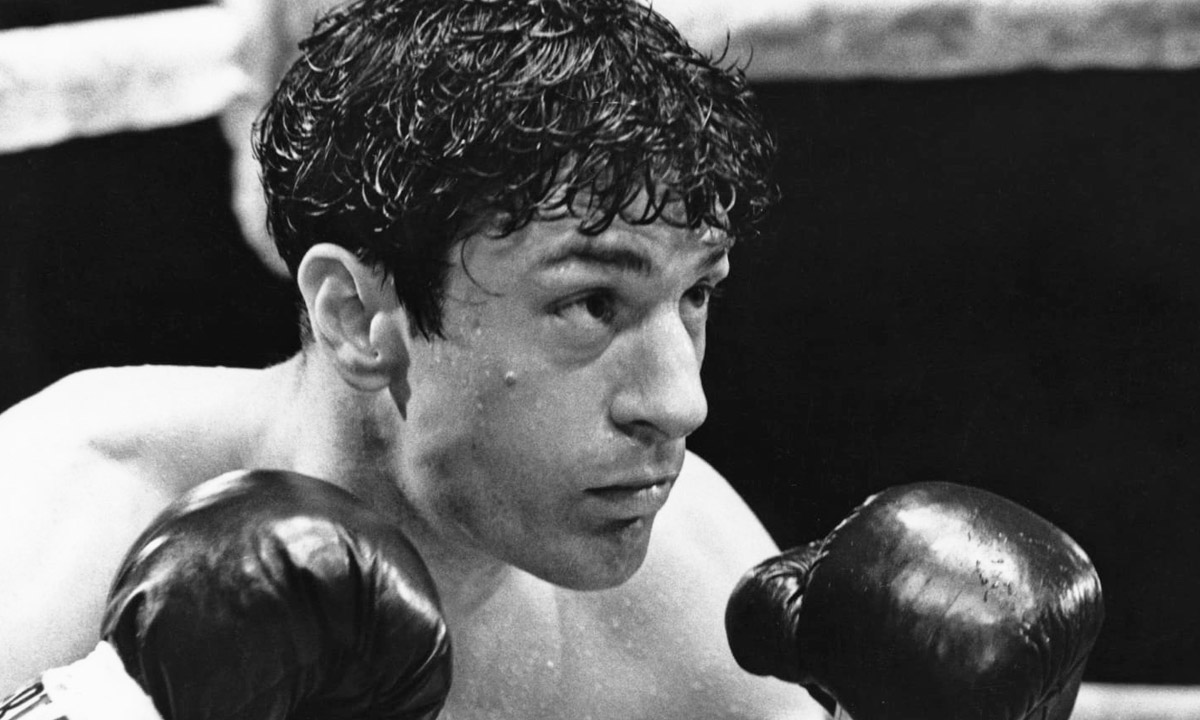
Raging Bull (1980)
One of Martin Scorsese’s greatest movies. Champion boxer Jake La Motta (Robert De Niro) destroys himself in shuddering scenes that compress his world into the ring, a bedroom and finally a prison cell.
The Raid (2012)
Just when the action film looked drily familiar, Gareth Edwards, a young Welsh filmmaker working in the internationally unknown Indonesian martial arts market, gave the genre an electrifying charge of adrenaline. When an arrest in a high-rise goes wrong a young police, Rama (Iko Uwais), literally has to fight to stay alive—in long, impeccably choreographed scenes that eschew digital effects for a brutal, shuddering physicality.
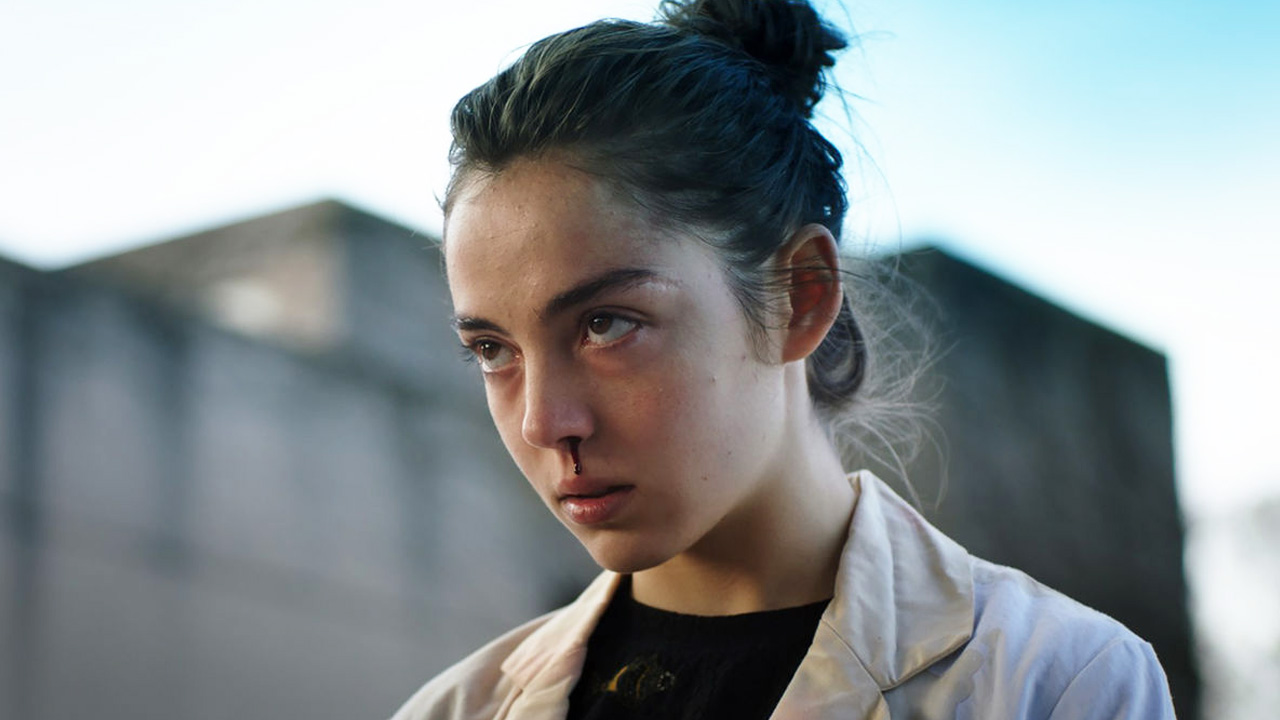
Raw (2016)
Hunger permeates this remarkable French horror film, with life at a veterinary college for a 16-year-old student, Justine (Garance Marillier), spinning out of control as director Julia Ducournau manipulates the teenager’s environment and senses. Once the vegetarian begins to yearn for raw flesh, friendship and sisterhood are exposed with scenes that twist their definition, complete with a level of startling black humour that is literally consumptive.
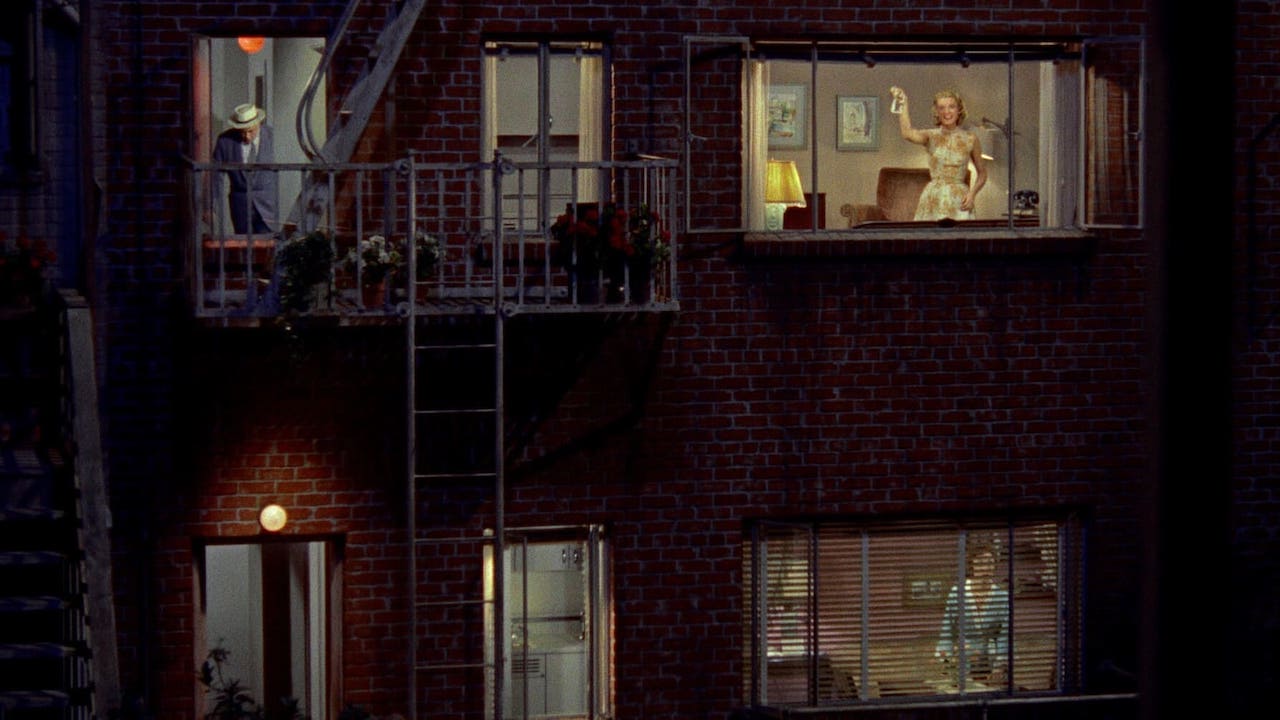
Rear Window (1954)
James Stewart, the most strait-laced of Alfred Hitchcock’s leading men and therefore the most tortured, is a photographer with a broken leg confined to his Greenwich Village apartment. Falling into voyeurism, he suspects a neighbour of killing their partner, a crime made all the more potent by Stewart’s own entanglement with Grace Kelly’s socialite, who wants to marry him. It’s a potent, skilful thriller full of ripe suggestion.
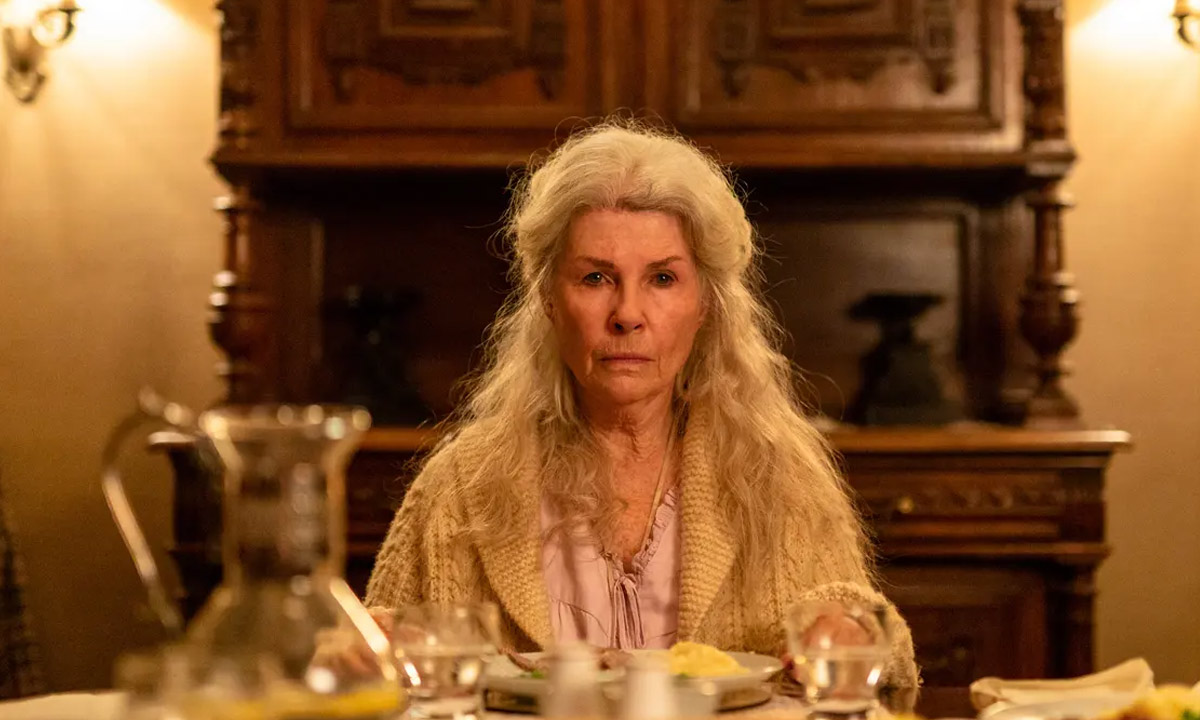
Relic (2020)
The haunted house genre gets stripped back to its speculative foundations in this wrenching Australian feature from co-writer and director Natalie Erika James. When an elderly woman (Robyn Nevin) goes missing, her daughter and granddaughter (Emily Mortimer and Bella Heathcote respectively) arrive at her house, plunging into the ravages of family and the degradation of memory.
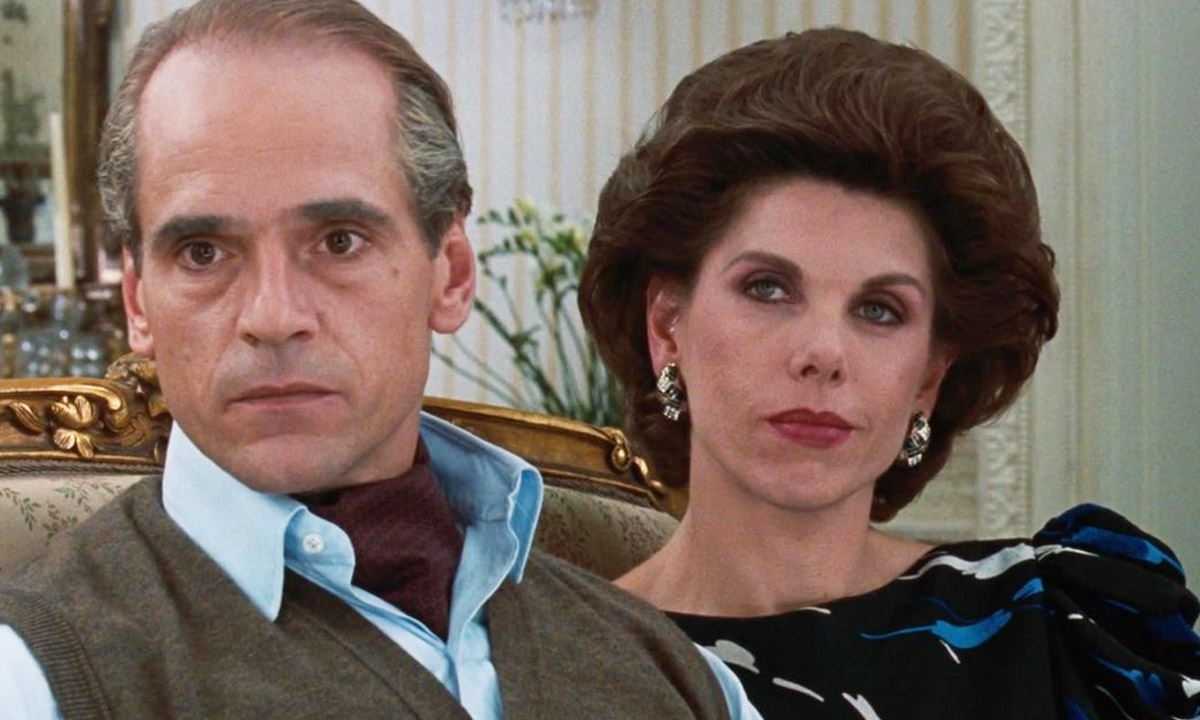
Reversal of Fortune (1990)
Accused of putting his wealthy wife (Glenn Close) into a coma, the terribly refined and charmingly repugnant Claus von Bulow (Jeremy Irons) turns his story and the audience’s sympathy inside out in a real life crime tale marshalled by Barbet Schroeder.
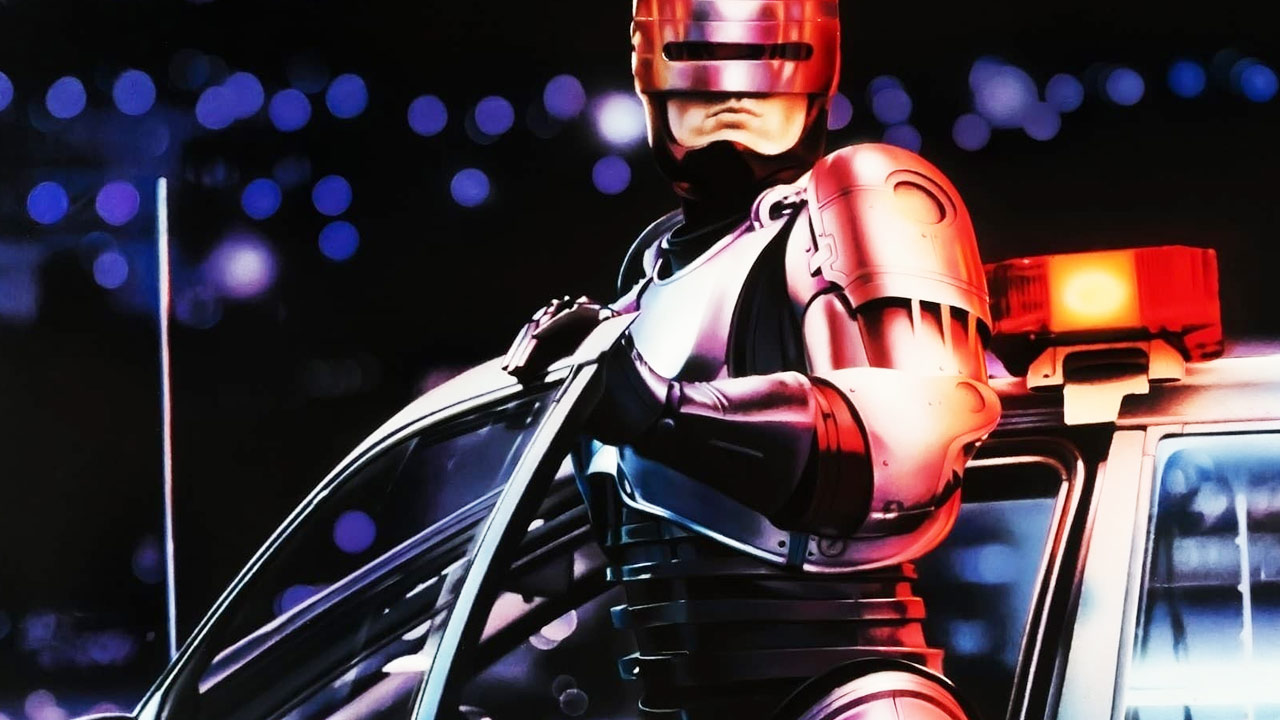
Robocop (1987)
The original and definitely the best, Paul Verhoeven’s delight in American excess imagines a near future where crime-ridden streets are cleaned up by a police officer (Peter Weller) reborn as a cyborg and serving a corporation.
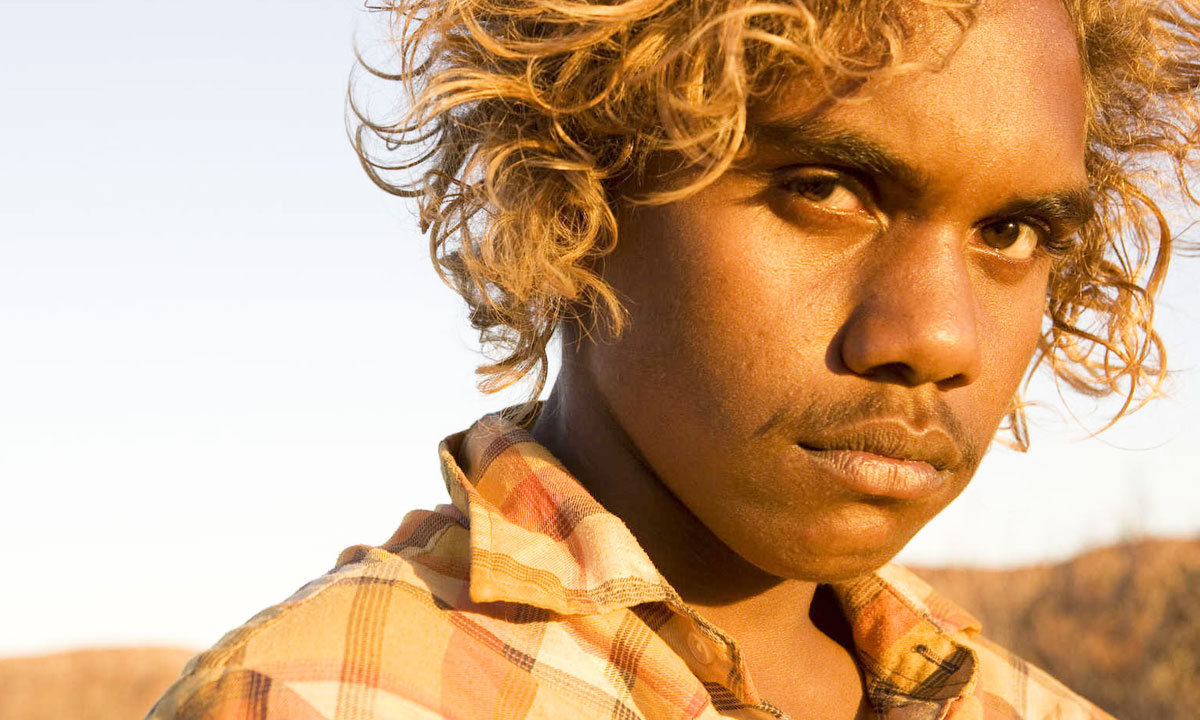
Samson & Delilah (2009)
Warwick Thornton’s powerful debut charts the budding relationship and destructive horrors that threaten to engulf two Indigenous teens (Marissa Gibson and Rowan McNamara) who flee an isolated settlement for Alice Springs.
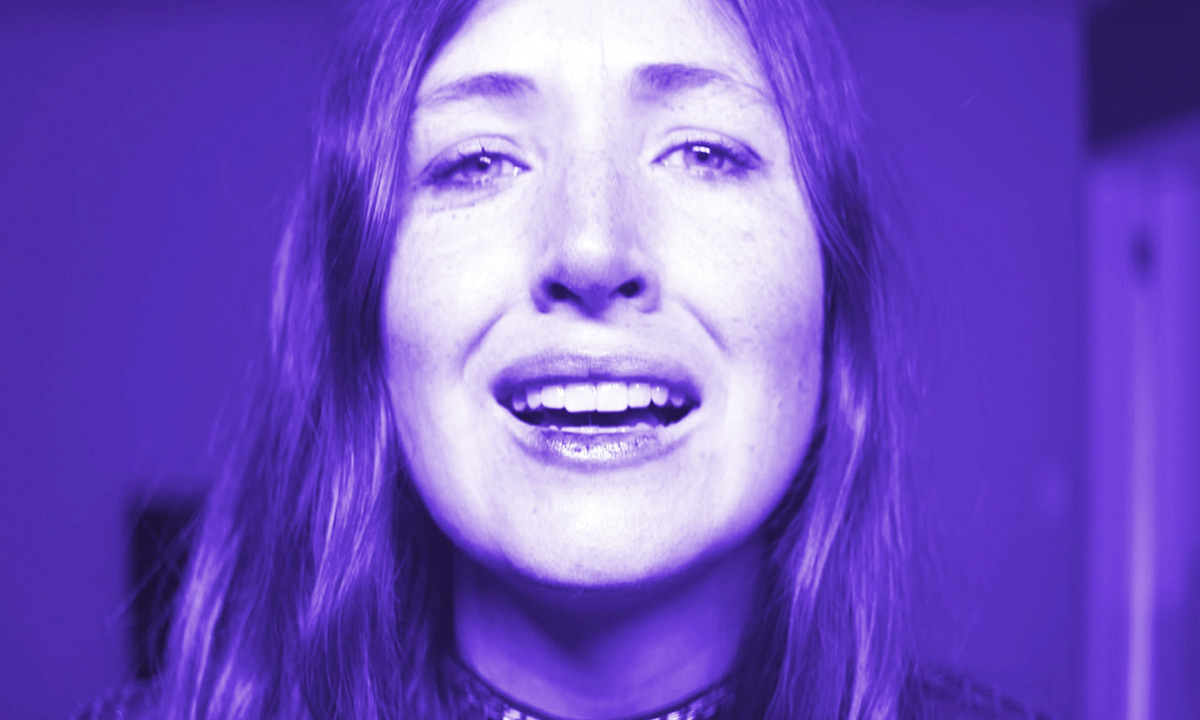
She Dies Tomorrow (2020)
The COVID-era got the horror film it deserved with this mordant pandemic tale, which intuitively tracks in reverse an infection that leaves sufferers convinced their death is imminent. Filmmaker Amy Seimetz uses a fierce formal technique to create slow drip existential despair, seeping into the performances of Kate Lyn Sheil, Jane Adams, Chris Messina and Michelle Rodriguez.
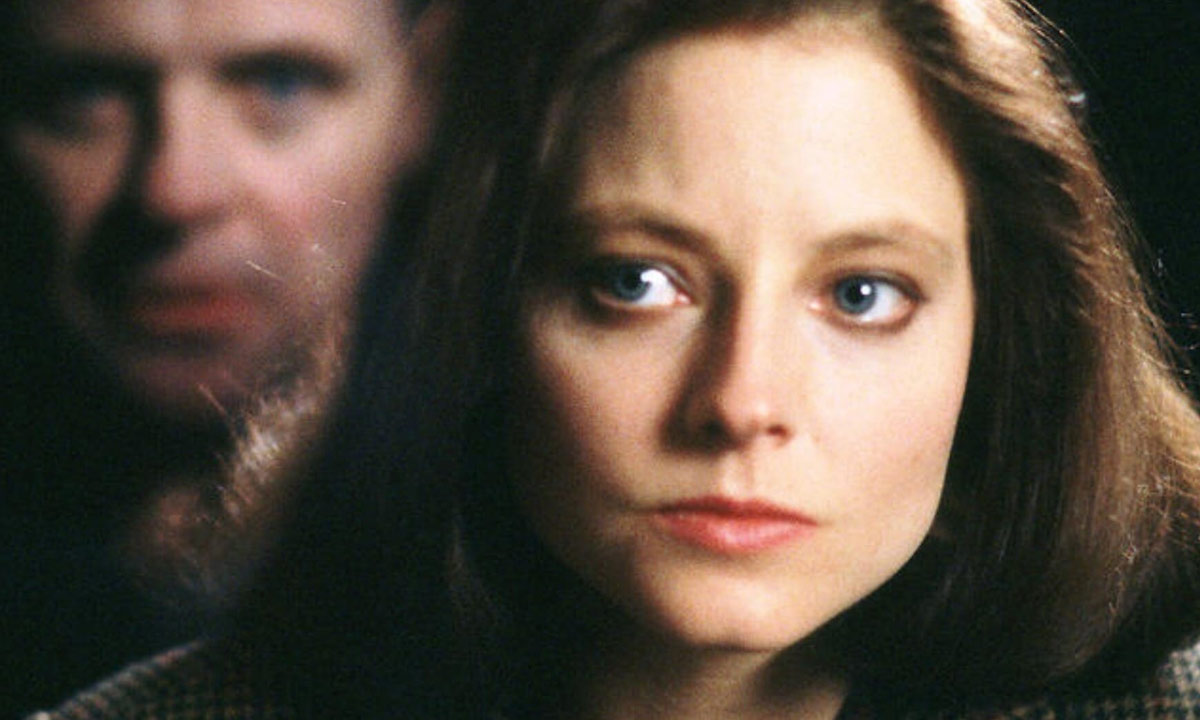
The Silence of the Lambs (1991)
A gripping serial killer procedural and somehow a chaste romance between two lonely souls: Jodie Foster’s rookie FBI agent and Anthony Hopkin’s grandiloquent monster. Jonathan Demme’s hit is intricately executed in ways that crime dramas rarely previously considered.

A Simple Favour (2018)
A wildly plotted, genre-bursting mystery about a hopeful mummy blogger (Anna Kendrick) who befriends a glamorous fellow parent (Blake Lively) at school pick-up. Paul Feig blends old Hollywood glamour, plot twists and serrated observations on female friendship. Don’t mistake giddy heights for a lack of intent.

Sister (2012)
Ursula Meier’s profoundly intimate drama is the story of fringe dwellers beneath the Swiss ski fields: 12-year-old Simon (Kacey Mottet Klein) spends his days assiduously thieving gear from wealthy visitors, hoping to buy and hold the affection of his wayward sister, Louise (Lea Seydoux). Shot by the revered French cinematographer Agnes Godard, the film illustrates economic and emotional inequality.
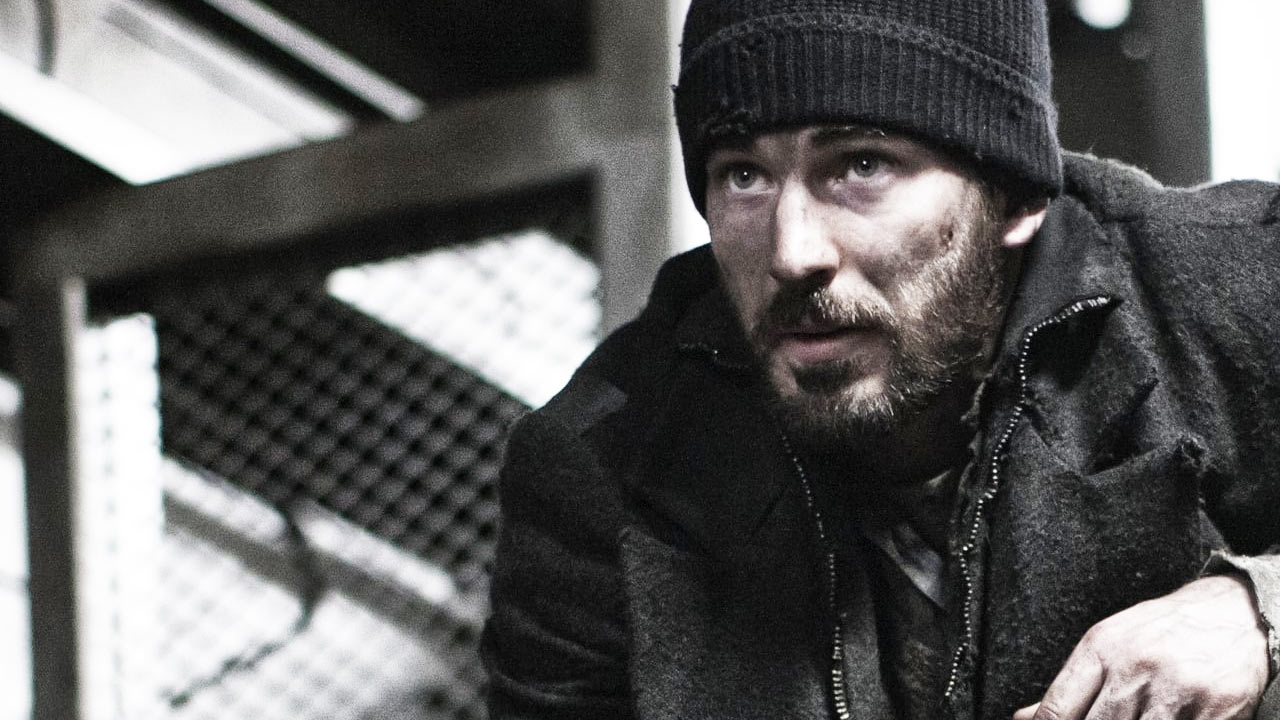
Snowpiercer (2013)
A riveting action film and an incisive metaphor for capitalism, Bong Joon-ho imagines humanity’s remnants trapped on a train where the poor, led by Chris Evans’ guilt-ridden revolutionary, rise up against the rich and those they use to maintain control. Be eternally grateful that Harvey Weinstein’s U.S. edit was never released.
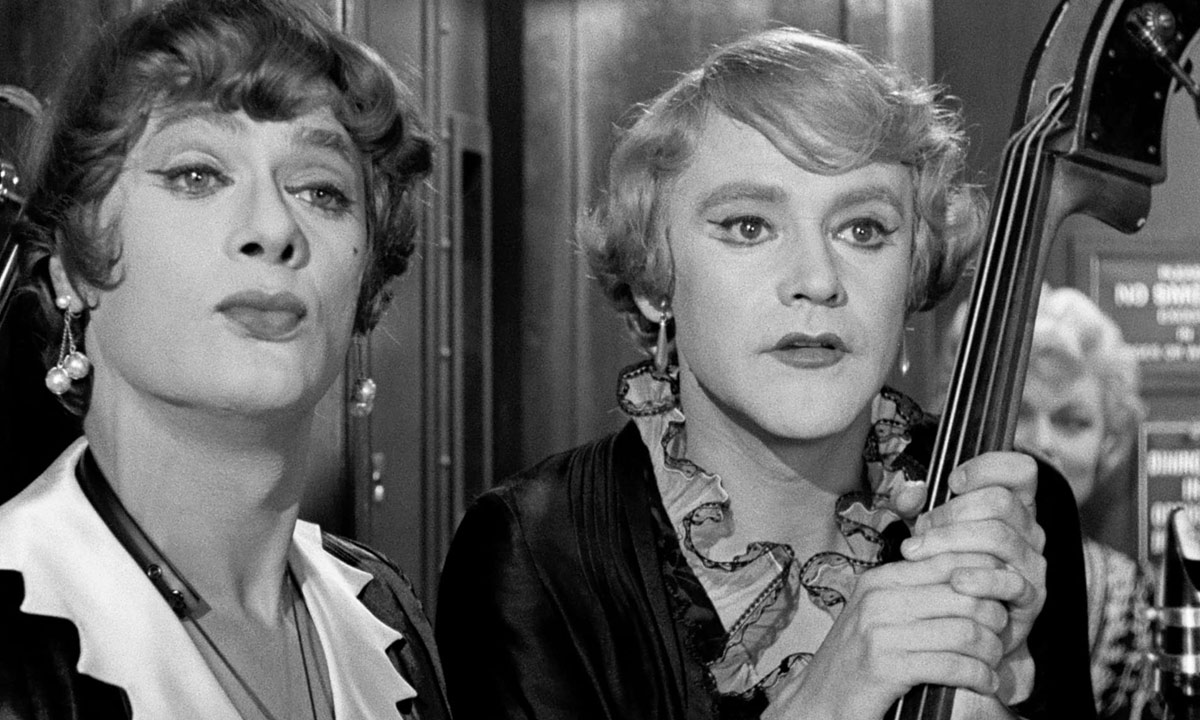
Some Like It Hot (1959)
“Nobody’s perfect!” Billy Wilder kept his cynicism at bay for this endlessly amusing comedy about a pair of Depression-era Chicago musicians (Tony Curtis and Jack Lemmon) who flee gangsters by posing as women in an all-female band (fronted by Marilyn Monroe). The outrageous plot and gags work to top one another, making for delightful one-upmanship.
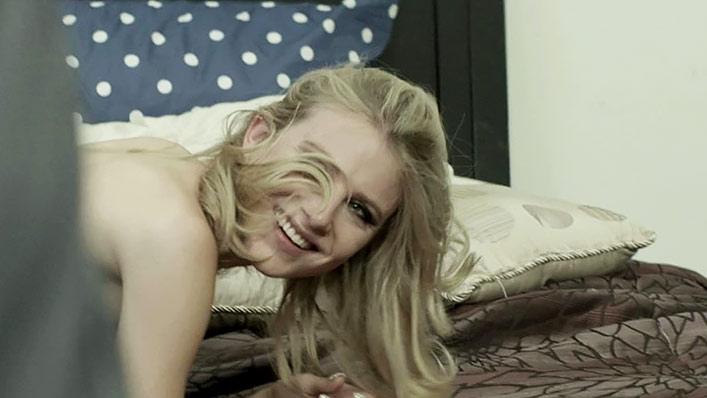
Starlet (2012)
Forged in a Los Angeles naturalism that nonetheless builds to a sublime conclusion, director Sean Baker (The Florida Project) charts the unlikely but increasingly profound friendship between a young arrival (Dree Hemingway) and an ageing widow (Besedka Johnson) told through the fabric of everyday life and minor interactions.
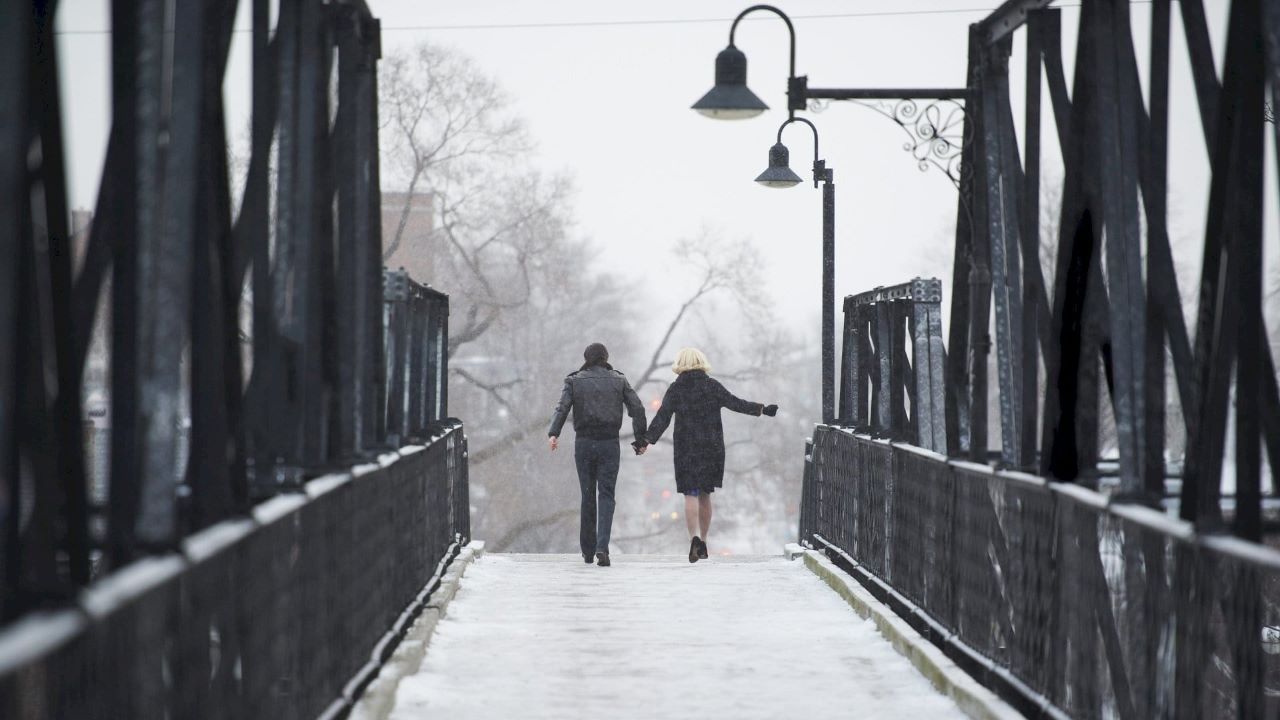
Stories We Tell (2012)
Canadian actor turned filmmaker Sarah Polley (Women Talking) delves into her parents’ marriage and her own conception in a fascinating and shape-shifting documentary whose reach becomes all-encompassing. It’s best to know little about this revelatory film before watching it, but like its subjects it contains multitudes.
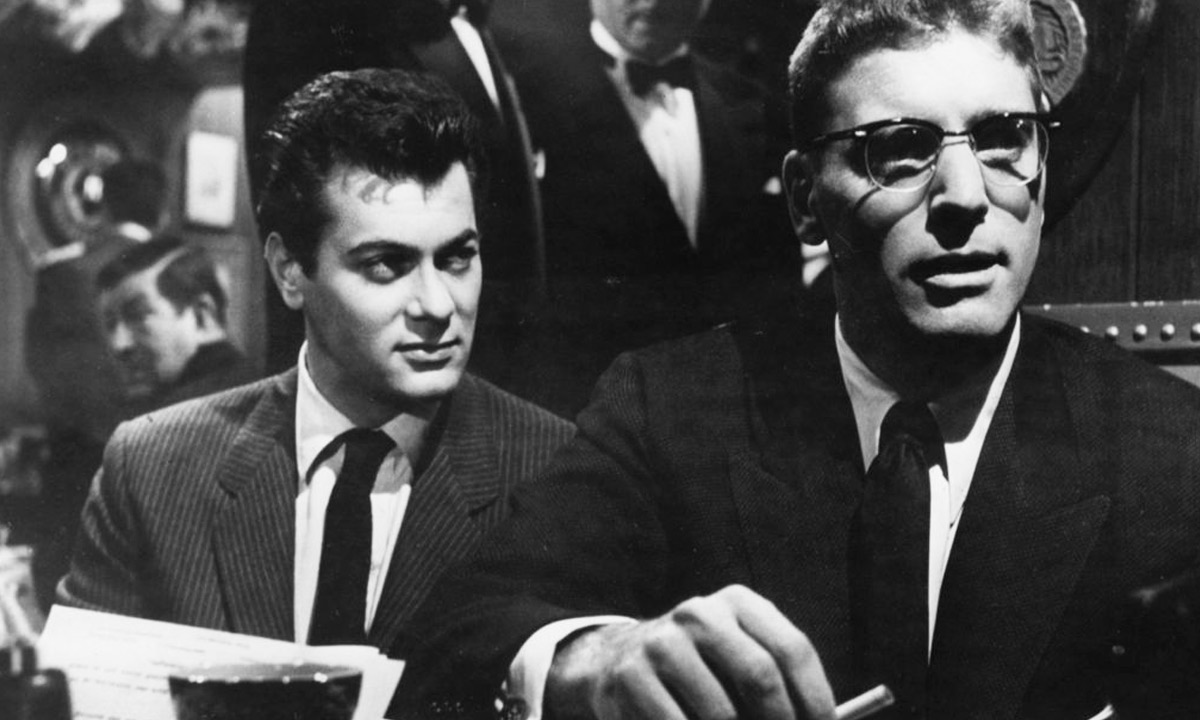
Sweet Smell of Success (1957)
It’s a myth that Hollywood was solely a dream factory in the 1950s. One of the best movies of the decade was this lacerating take on cruelty and power seen through the lens of a publicist (Tony Curtis) kowtowing to a powerful columnist (Burt Lancaster) looking to ruin his sister’s suitor.
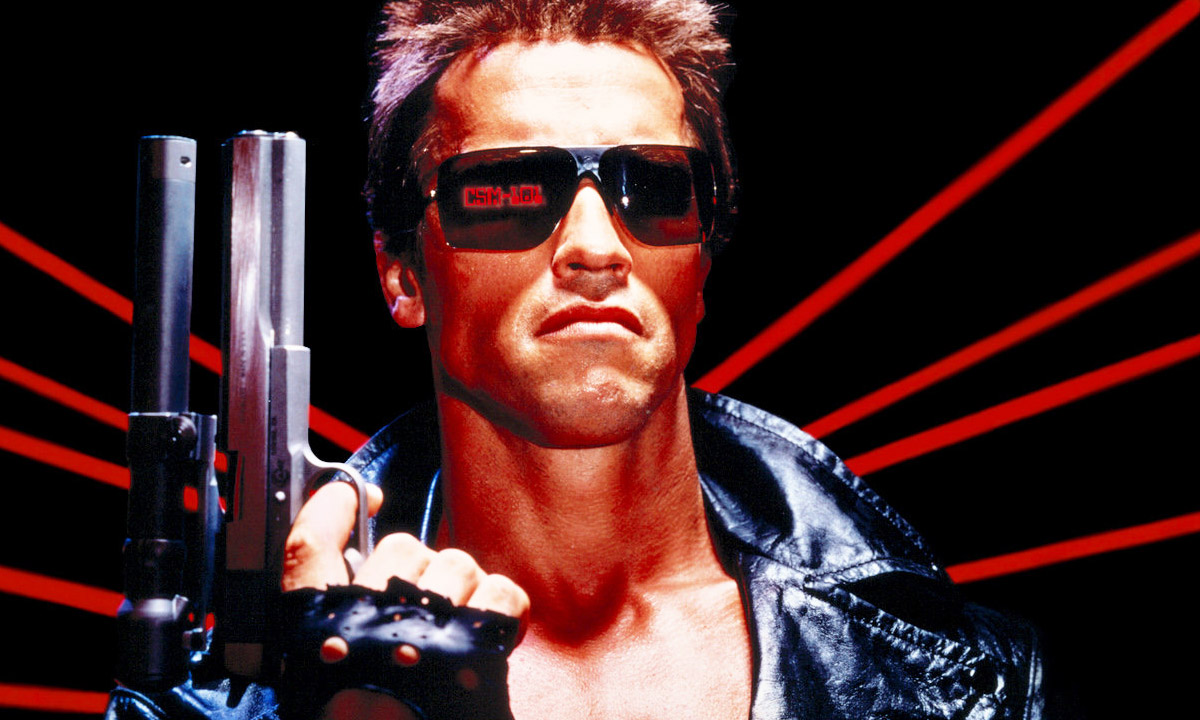
The Terminator (1984)
Forget the sequels. James Cameron’s lean, pulsating B-movie, made cheap and propulsive, is still a science-fiction great and the perfect use of Arnold Schwarzenegger as the cyborg pursuing Linda Hamilton and Michael Biehn’s desperate fugitives.
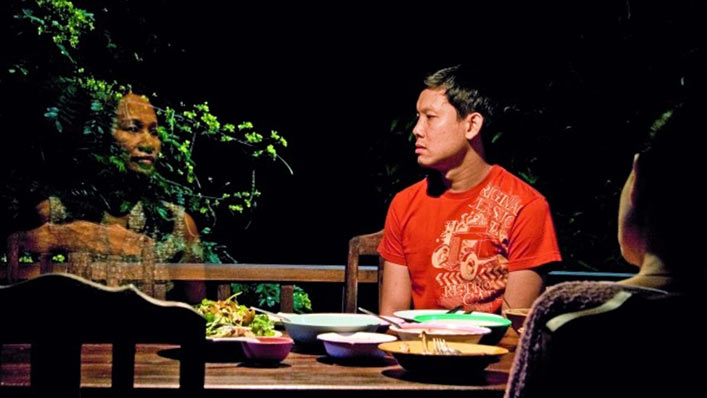
Uncle Boonmee Who Can Recall His Past Lives (2010)
The winner of the Palme d’Or at the Cannes Film Festival in 2010, Apichatpong Weerasethakul’s spectral Thai drama journeys through the final days of an ailing farmer visited by the ghosts of his past and possibly future. Less a fantasy than a gently expanded reality, the movie turns regret into something beguiling yet unfulfilled.
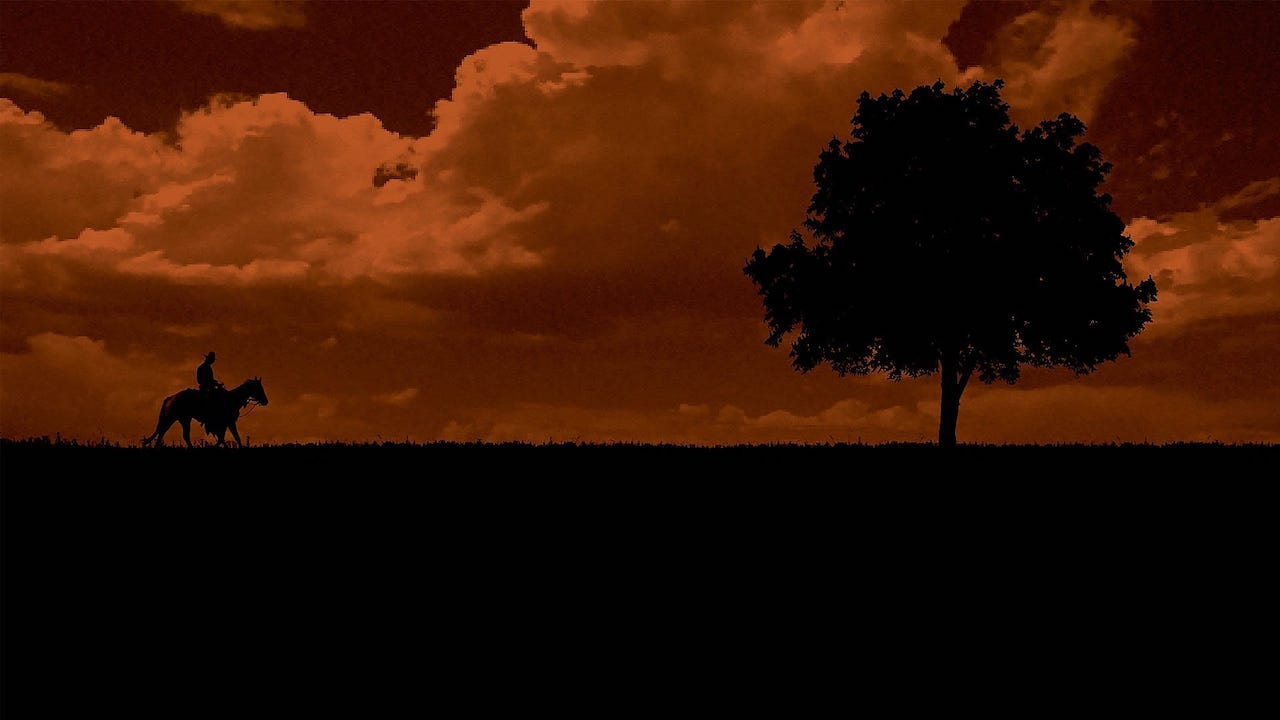
Unforgiven (1992)
Everything that Clint Eastwood has learnt about the western, including the comfort it takes in its many myths, was brought to bear in this elegiac, end of the trail tale. Eastwood plays an ageing gunslinger who embraces his past sins when he takes up a contract for murder, in a town run by Gene Hackman’s uncompromising sheriff.
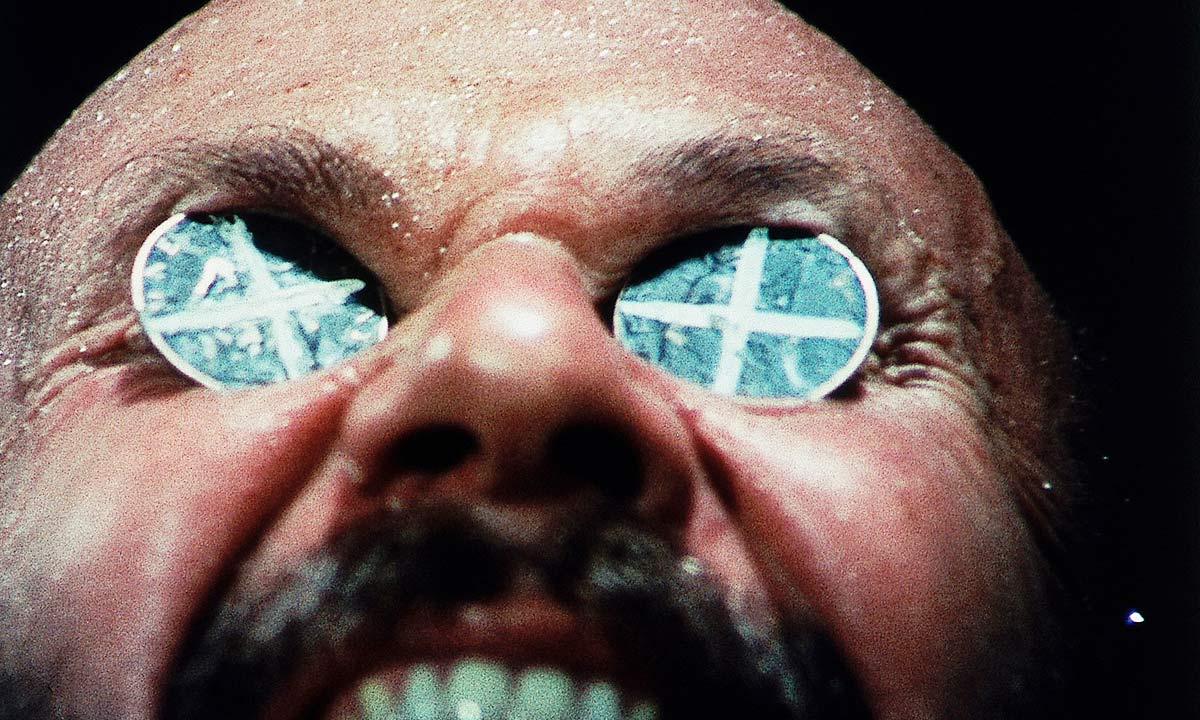
Wake in Fright (1971)
A scorching vision of the Australian outback as a kind of barbaric purgatory that sends an indentured school teacher (Gary Bond) to the brink and beyond. Canadian director Ted Kotcheff captured a vision of this country that still seethes.
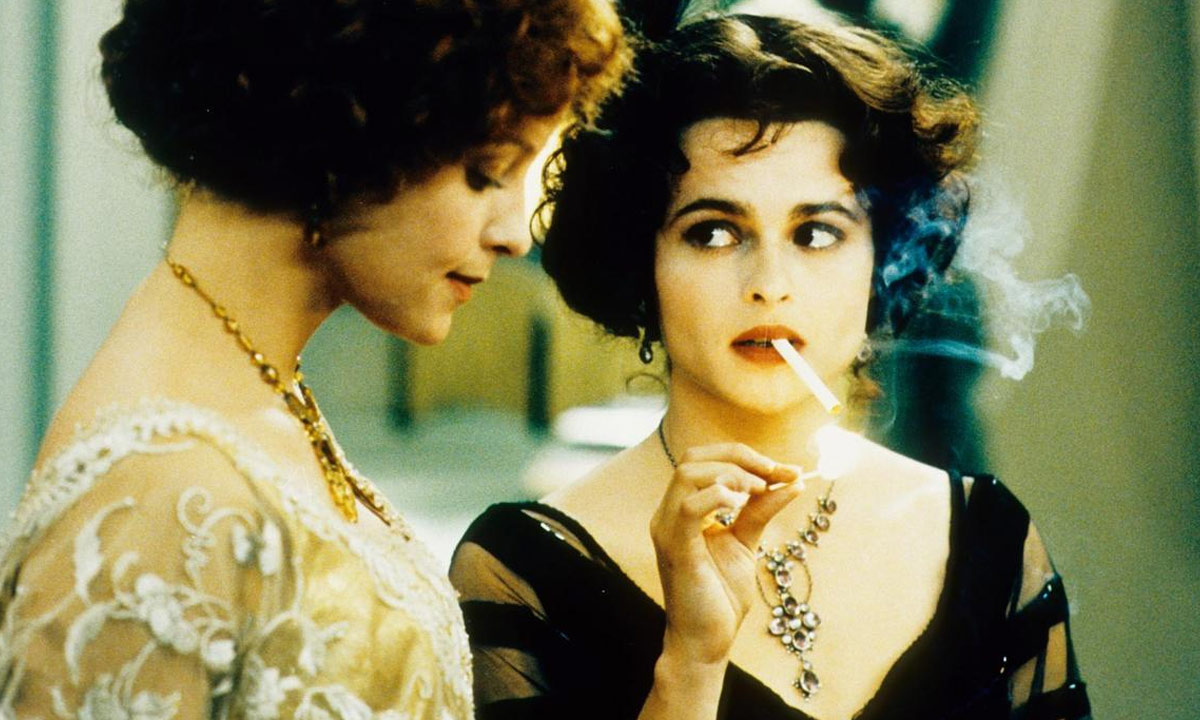
The Wings of the Dove (1997)
Iain Softley’s note-perfect Edwardian drama is the rare adaptation of the literary classic—Henry James’ 1902 novel of machination and regret—that treats the text as a foundation for visual interpretation. The film moves between London and Venice as Helene Bonham Carter, Linus Roache and Alison Elliott form a devastating romantic triangle where deceiving someone reveals a bitter truth.
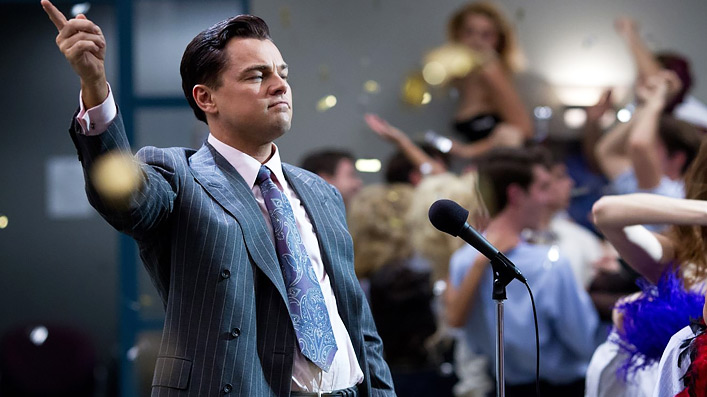
The Wolf of Wall Street (2014)
When Martin Scorsese makes a grotesque comedy he doesn’t stint. Based on the rise and fall of Wall Street bottom feeder Jordan Belfort, the film is a perversion of the American ethos, with Leonardo DiCaprio—in a career best performance as Belfort—and Jonah Hill as a pair of outer boroughs hustlers so in thrall to money that they go off the deep end. It’s wildly wonderful.
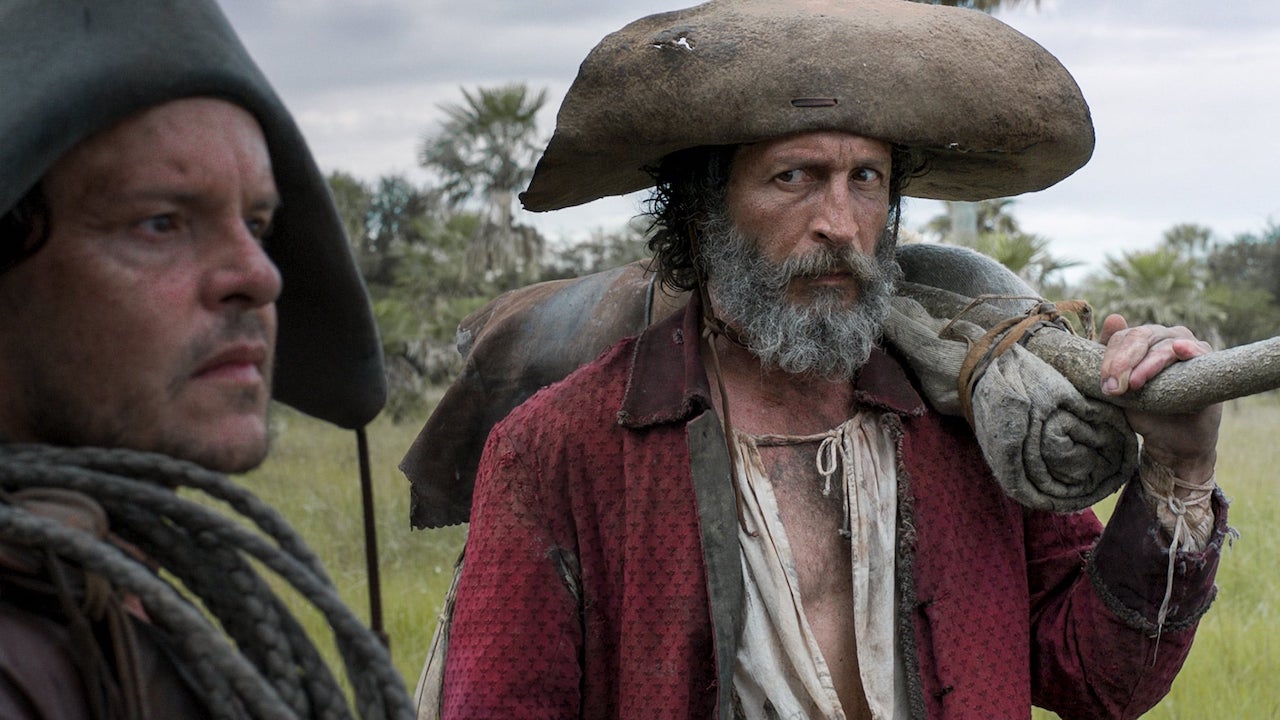
Zama (2018)
A dream-state period piece set on the febrile fringes of an 18th century Spanish colony in South America, Argentinean writer/director Lucrecia Martel tells an arthouse story of absence: a magistrate, Don Diego de Zama (Daniel Gimenez Cacho), never receives the transfer home he expects and becomes becalmed in history. With colonialism as an everyday perversion, Zama starts a journey that becomes a beguiling reckoning.
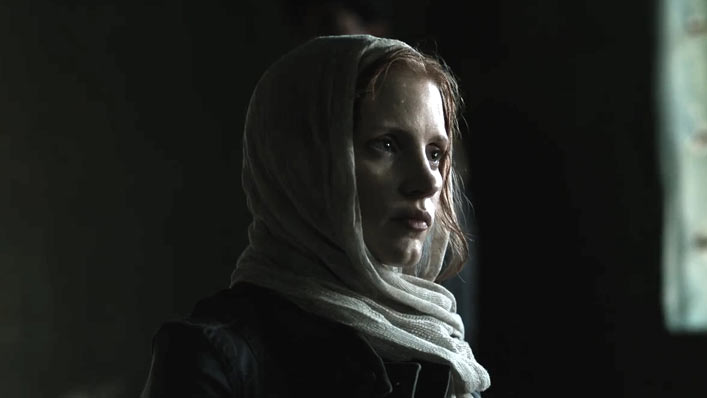
Zero Dark Thirty (2012)
Warfare in the information age comes into brutal focus in Kathryn Bigelow’s action-thriller, in which a Pakistan-based CIA analyst (Jessica Chastain) authorises torture and drone strikes in her obsessive post-9/11 hunt for Osama Bin-Laden. Revenge is consumptive and history exists in the torrid, unfiltered moment.
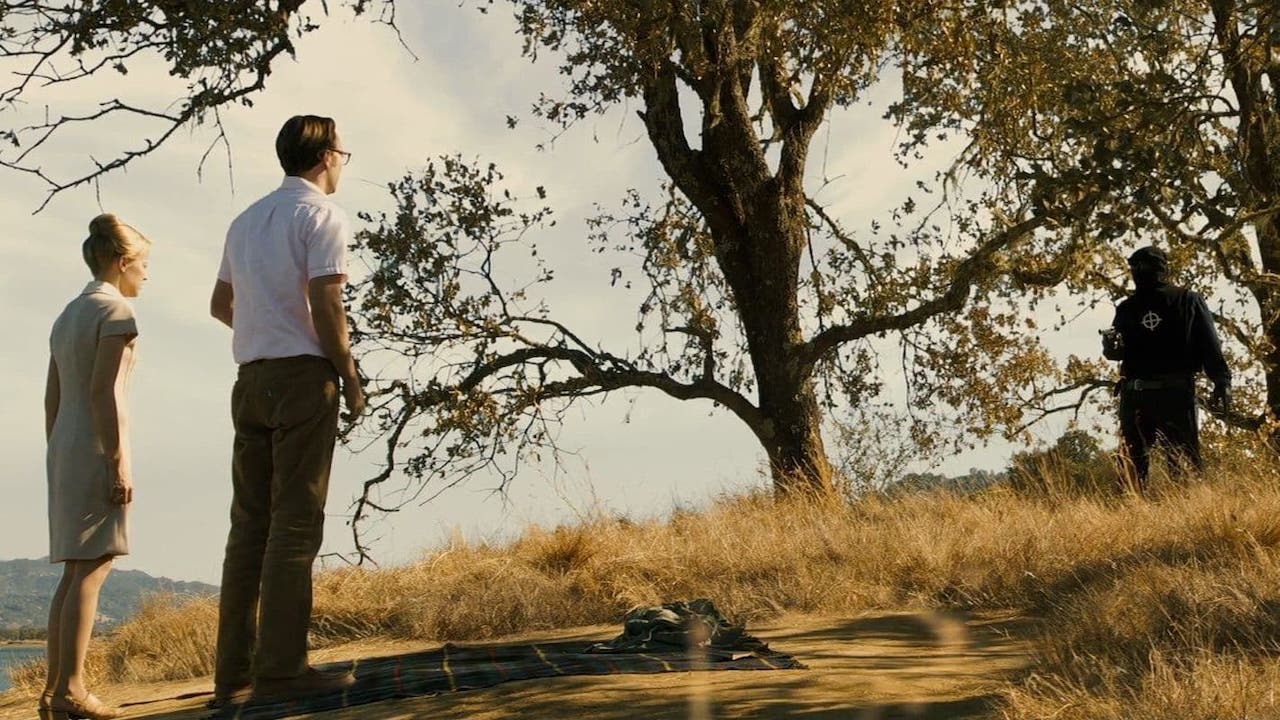
Zodiac (2007)
An immaculately recreated period piece about the killer who terrorised San Francisco in the early 1970s and wrote to the public, this masterful David Fincher movie is a procedural where the trail of the monster goes cold, but those who’ve gazed on the crime scenes and read the letters keep going. Characters Robert Downey Jr, Mark Ruffalo, and Jake Gyllenhaal are each gripped by the case. As obsessives, they’re all Zodiac victims.

